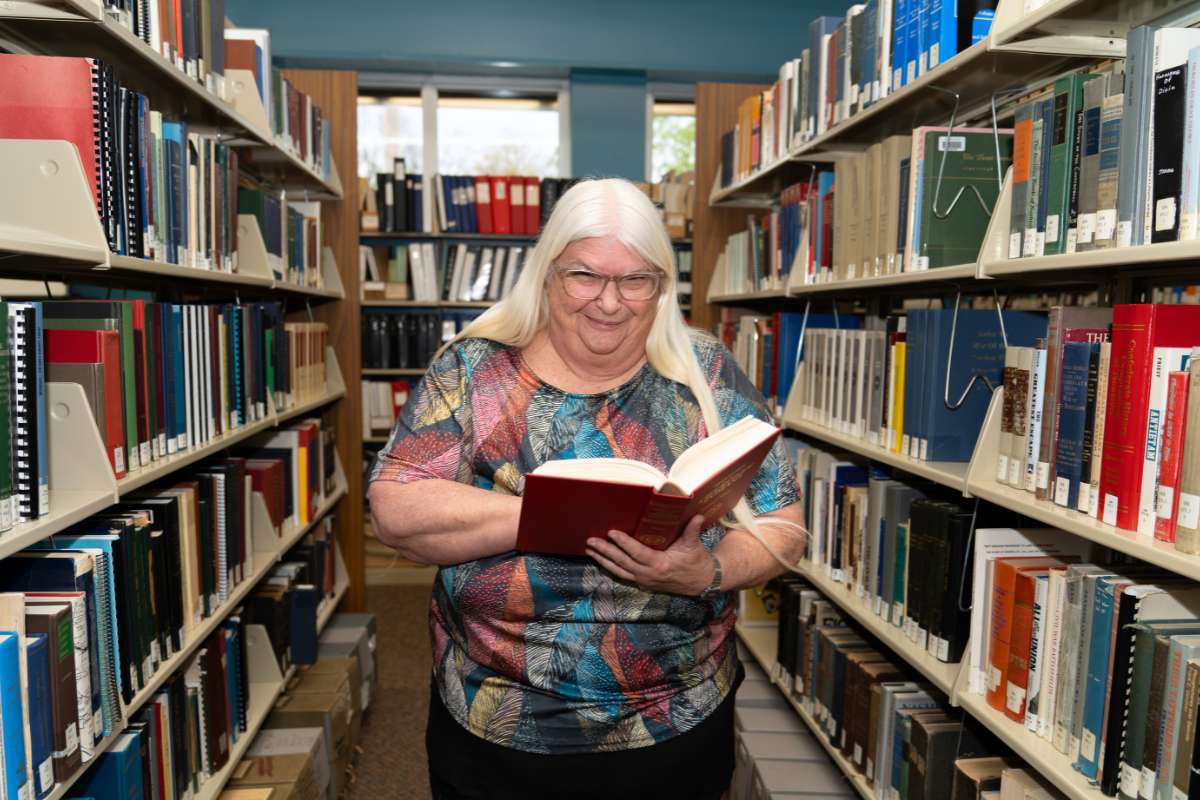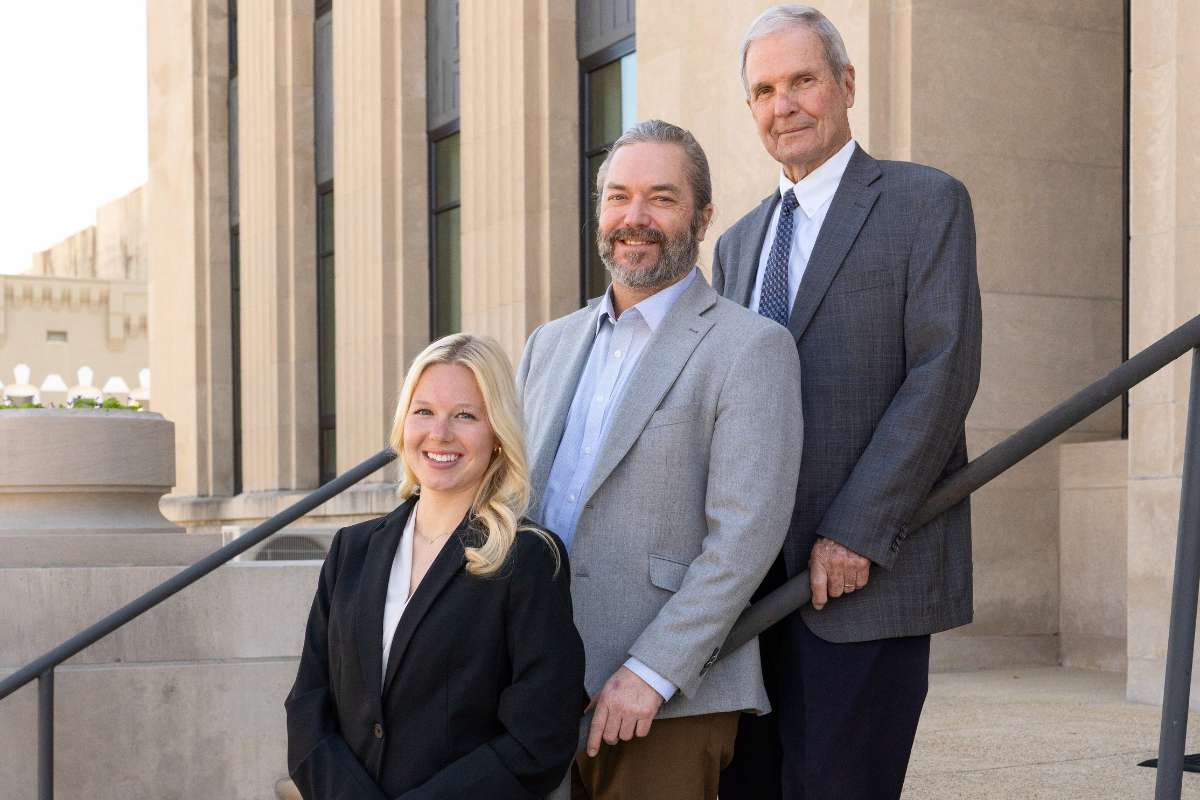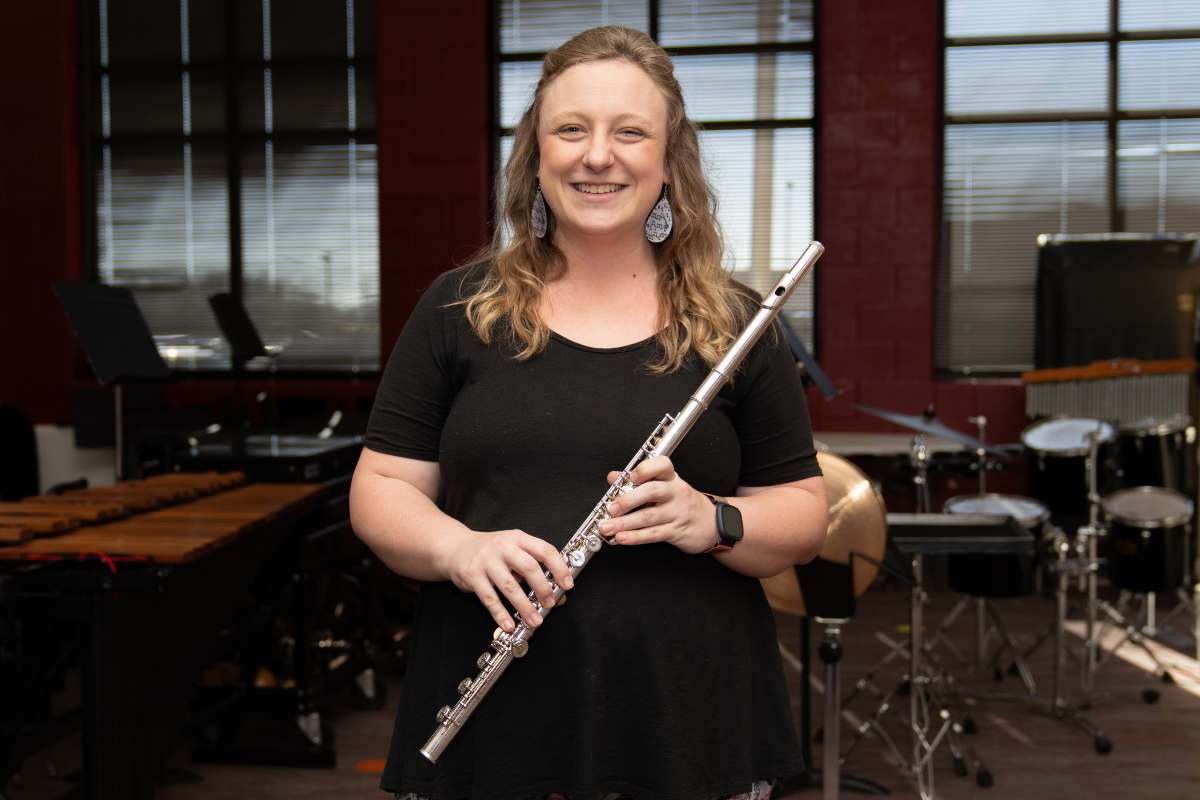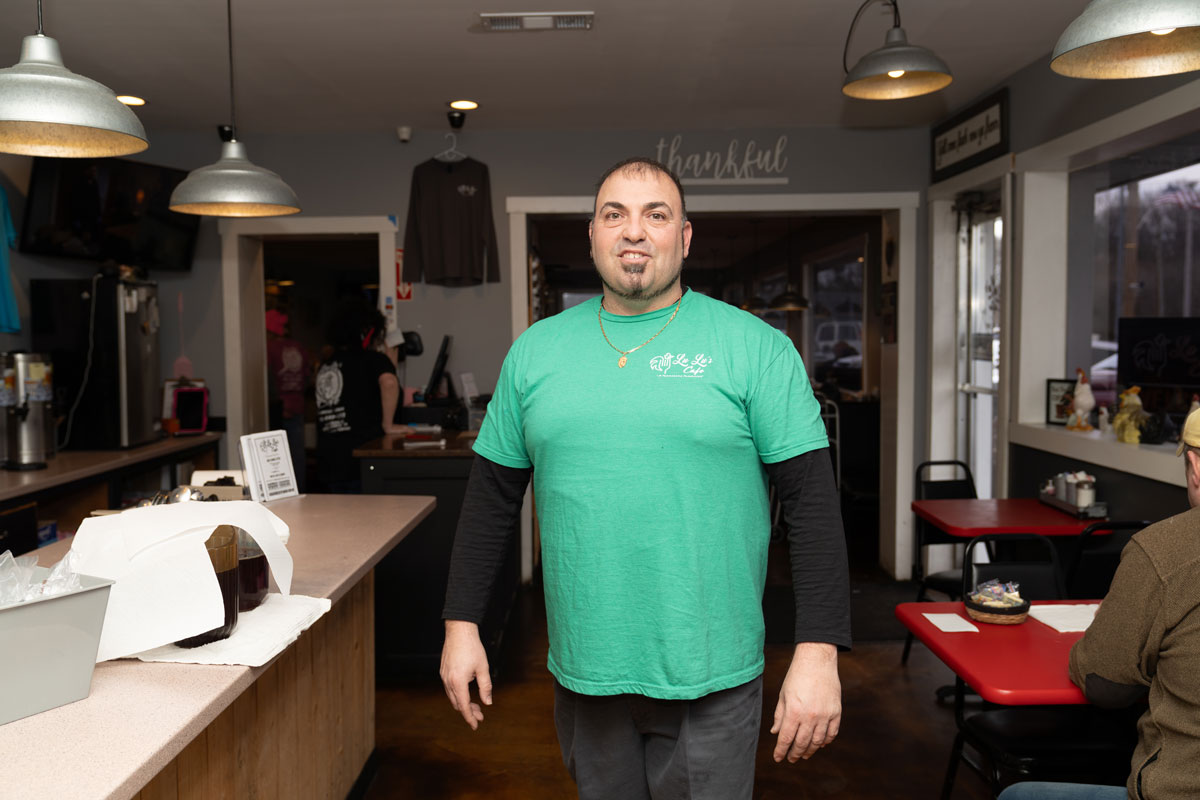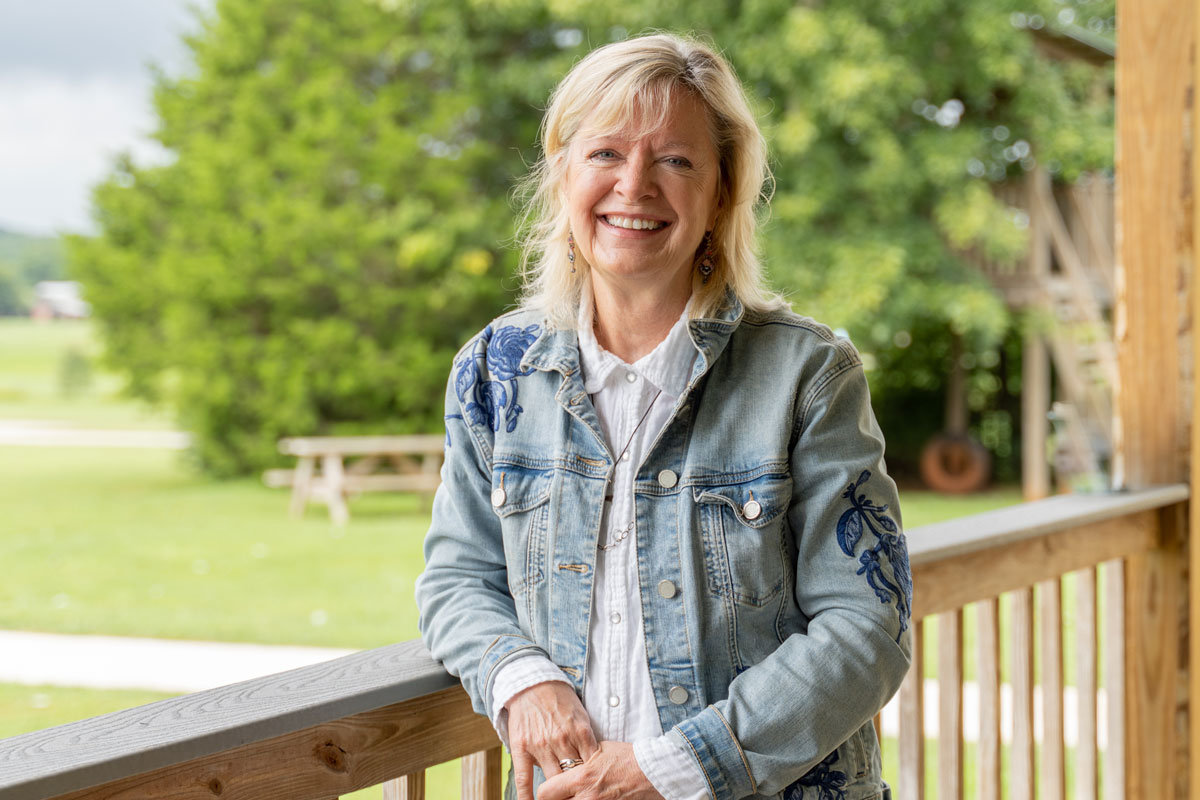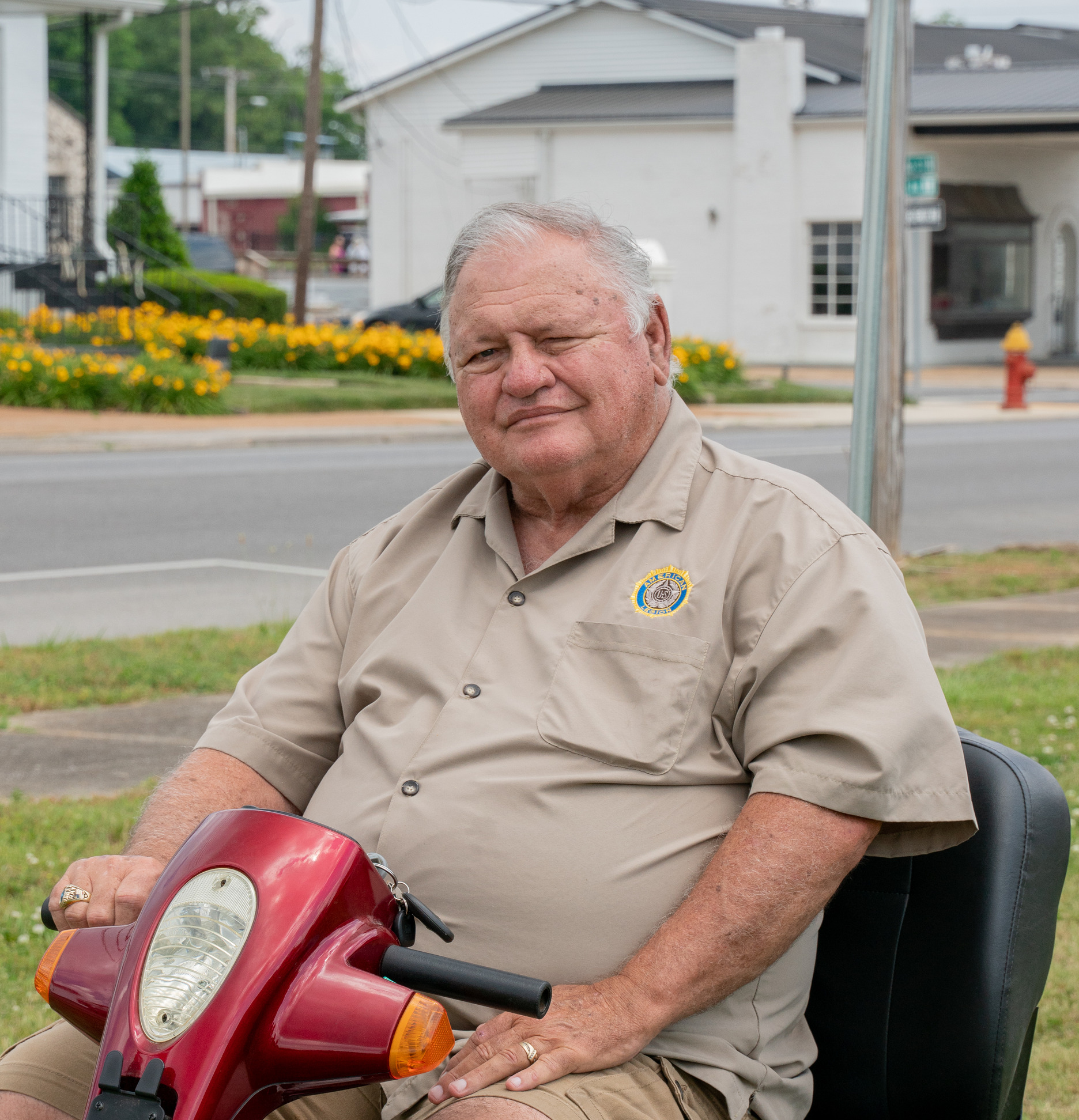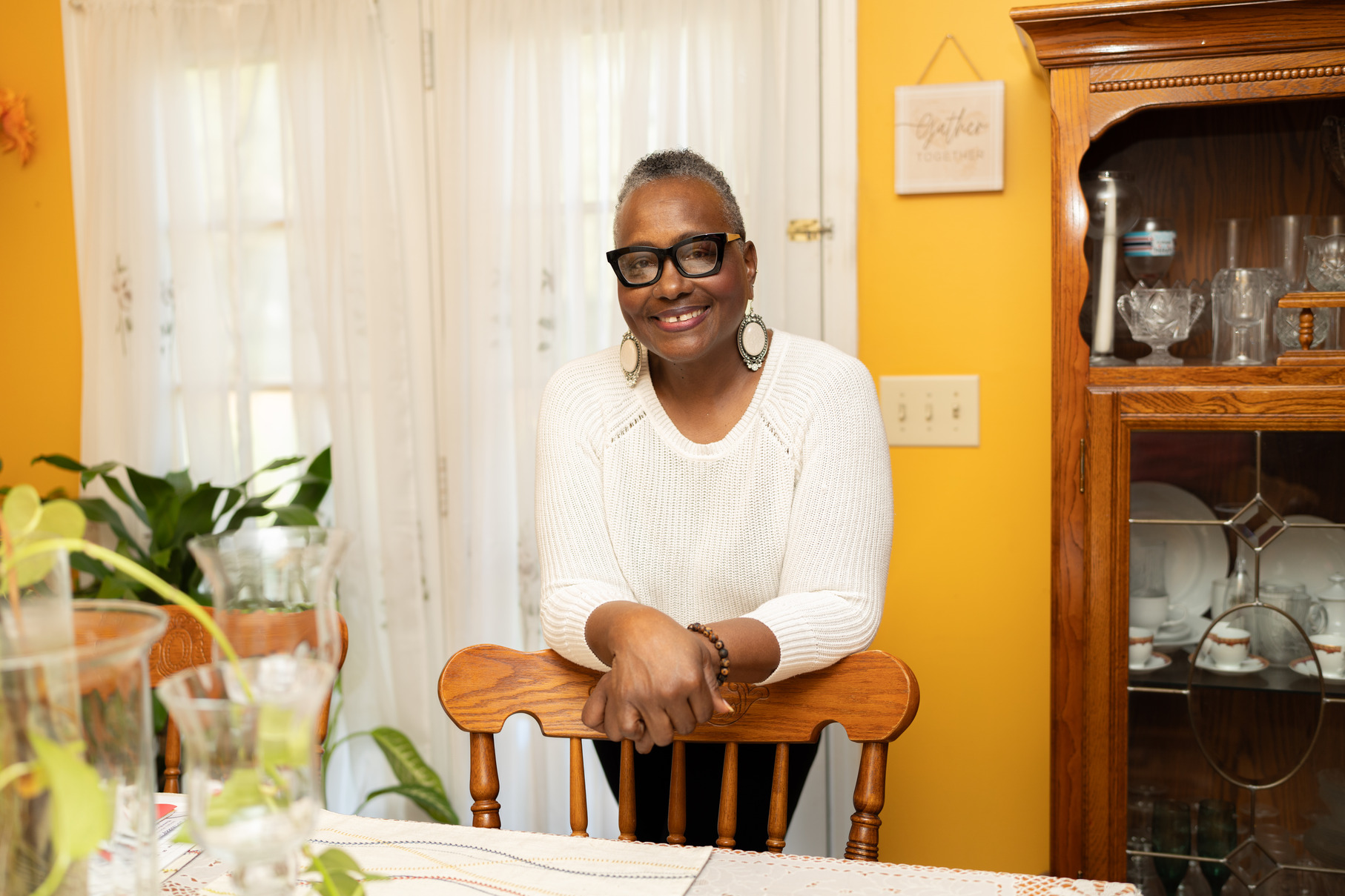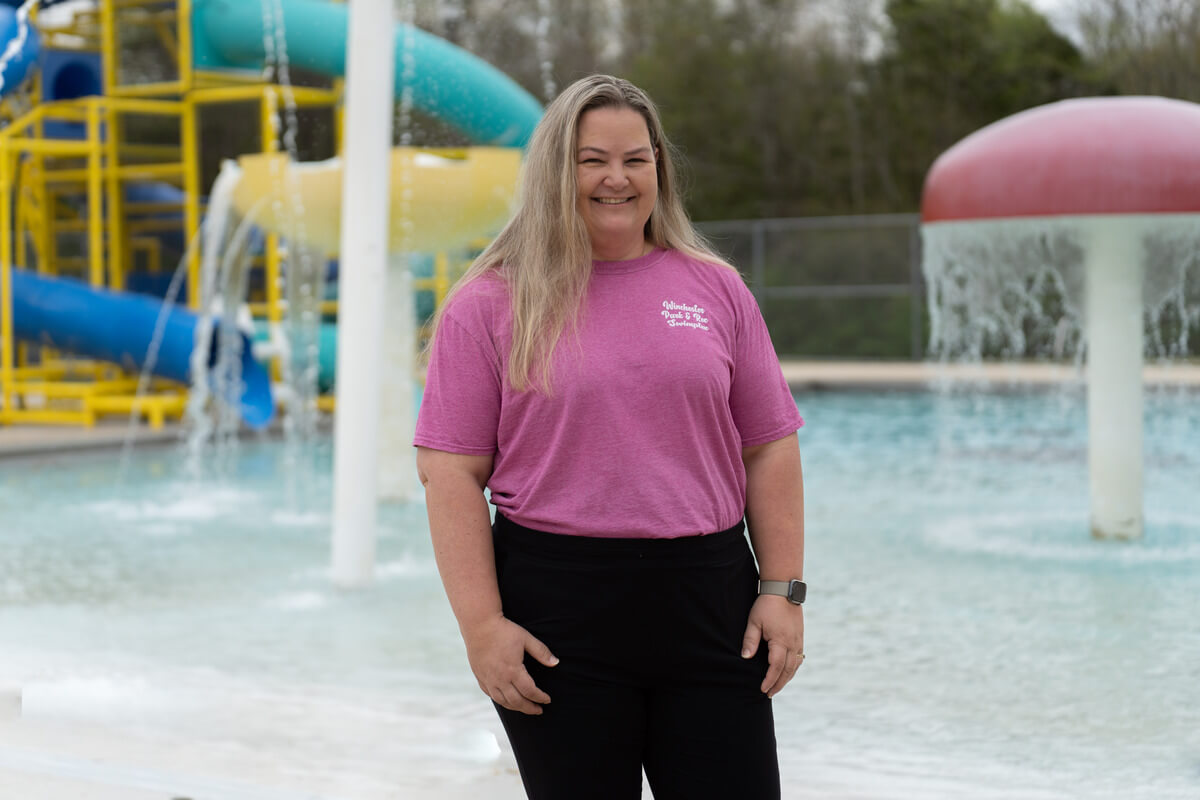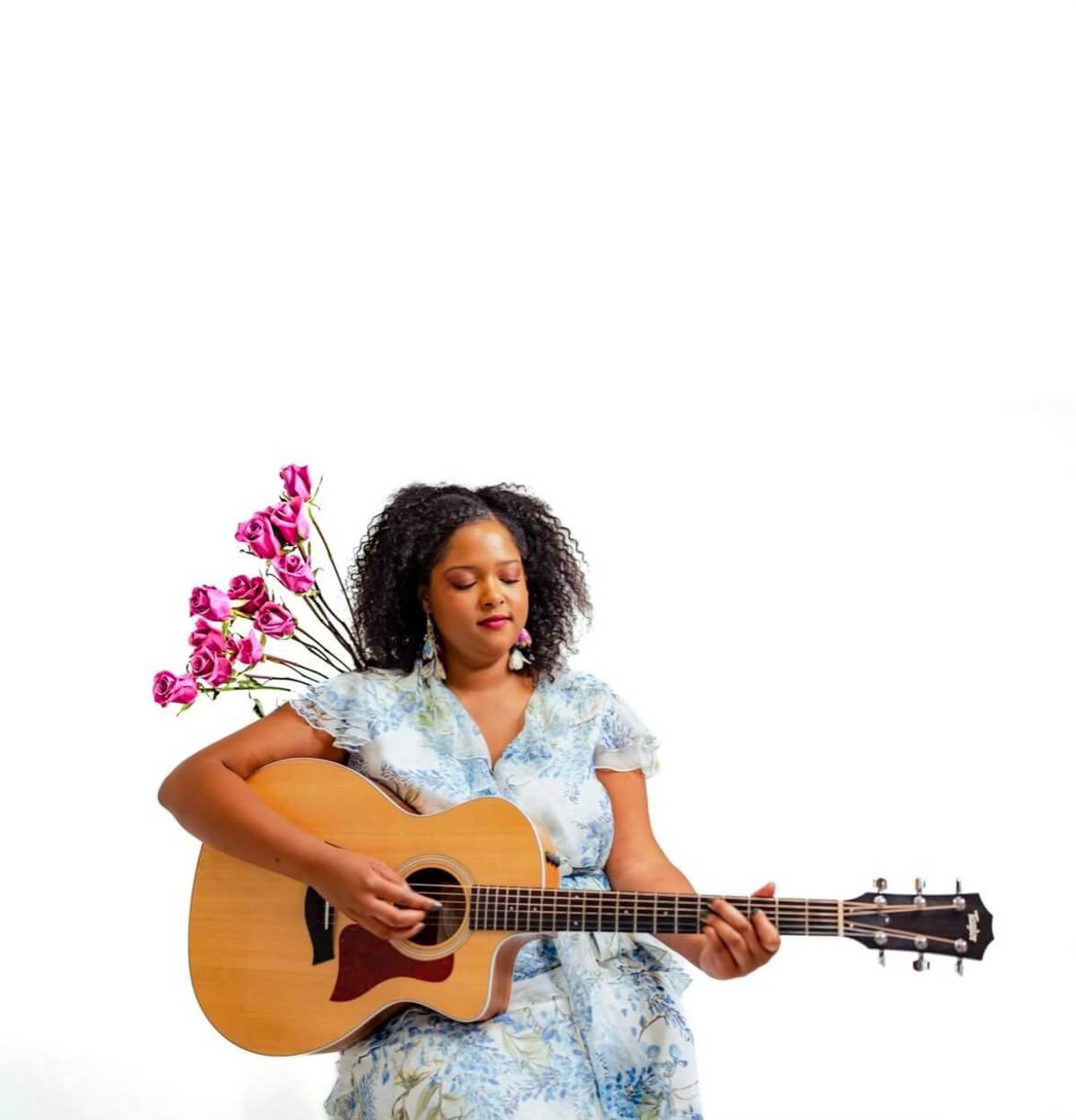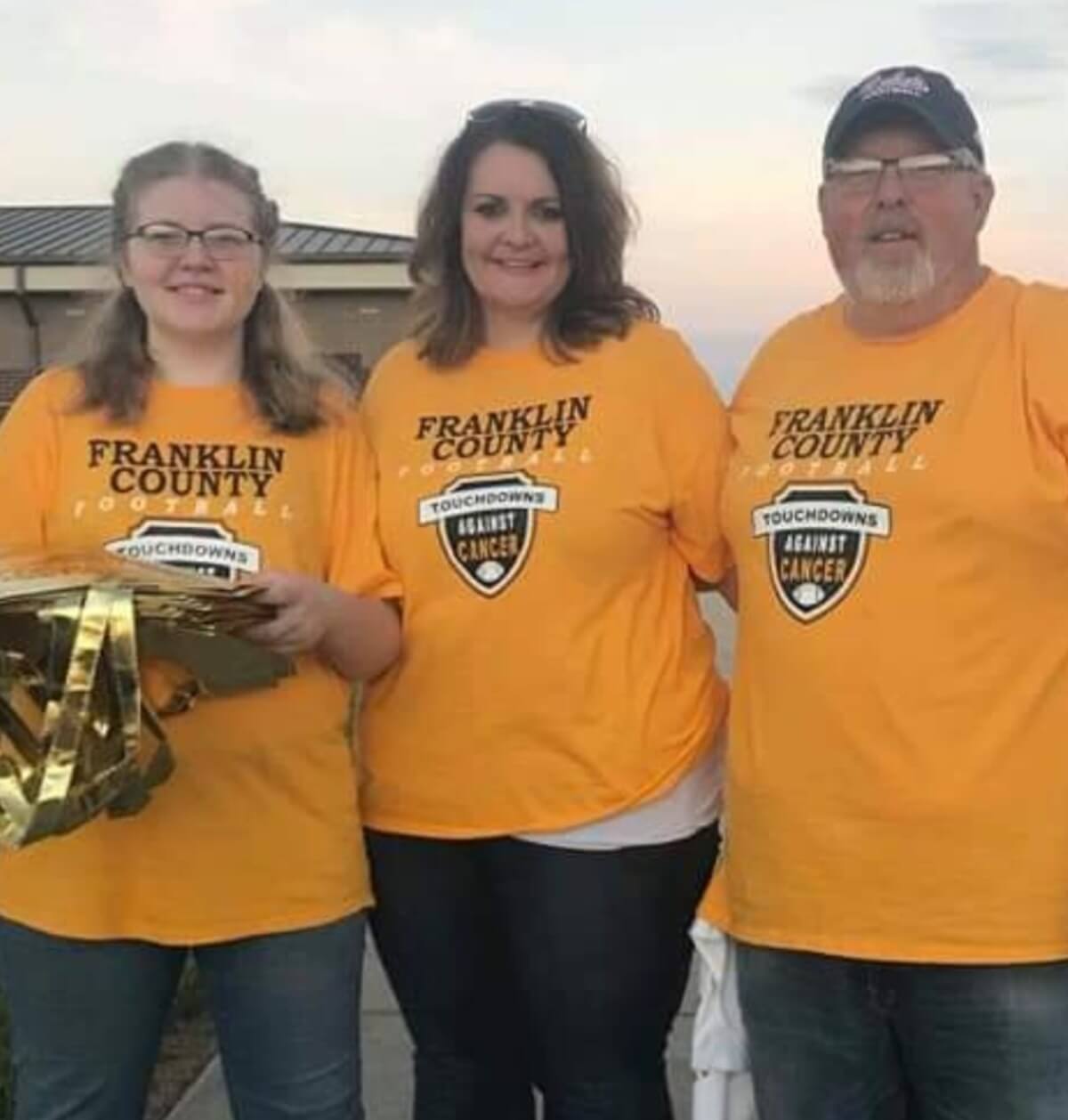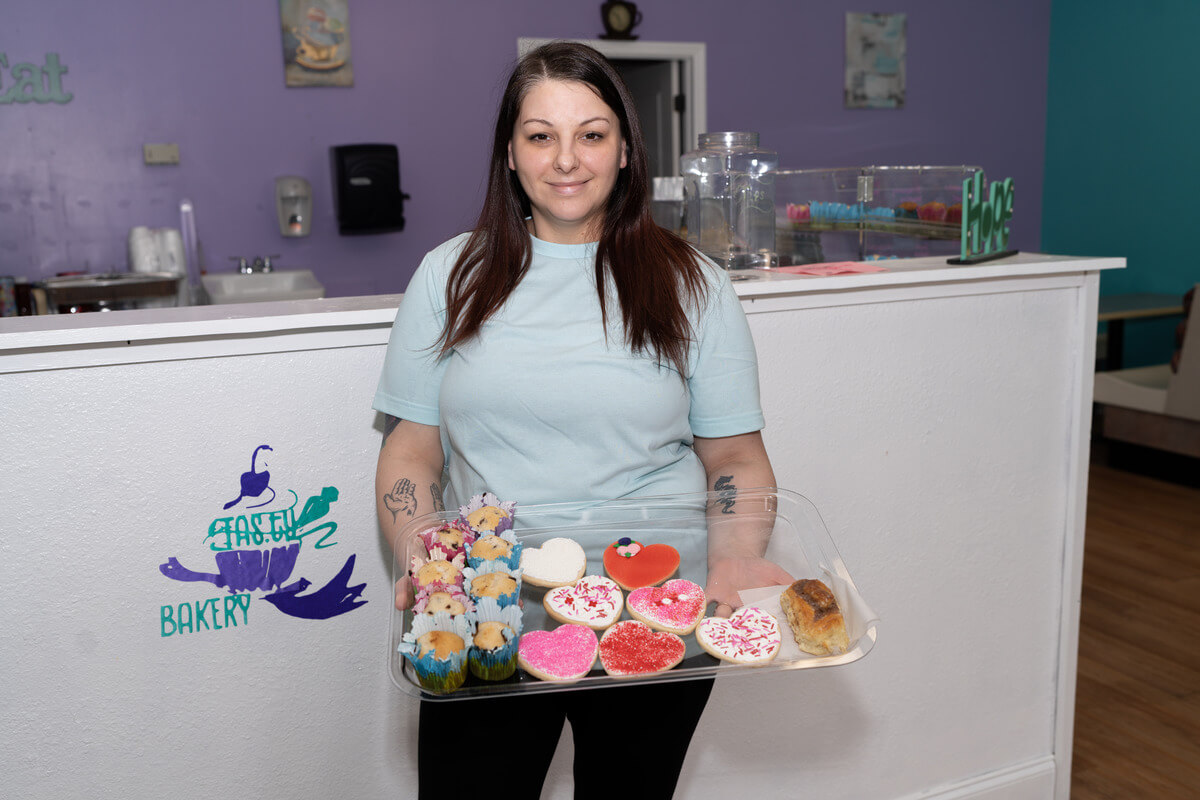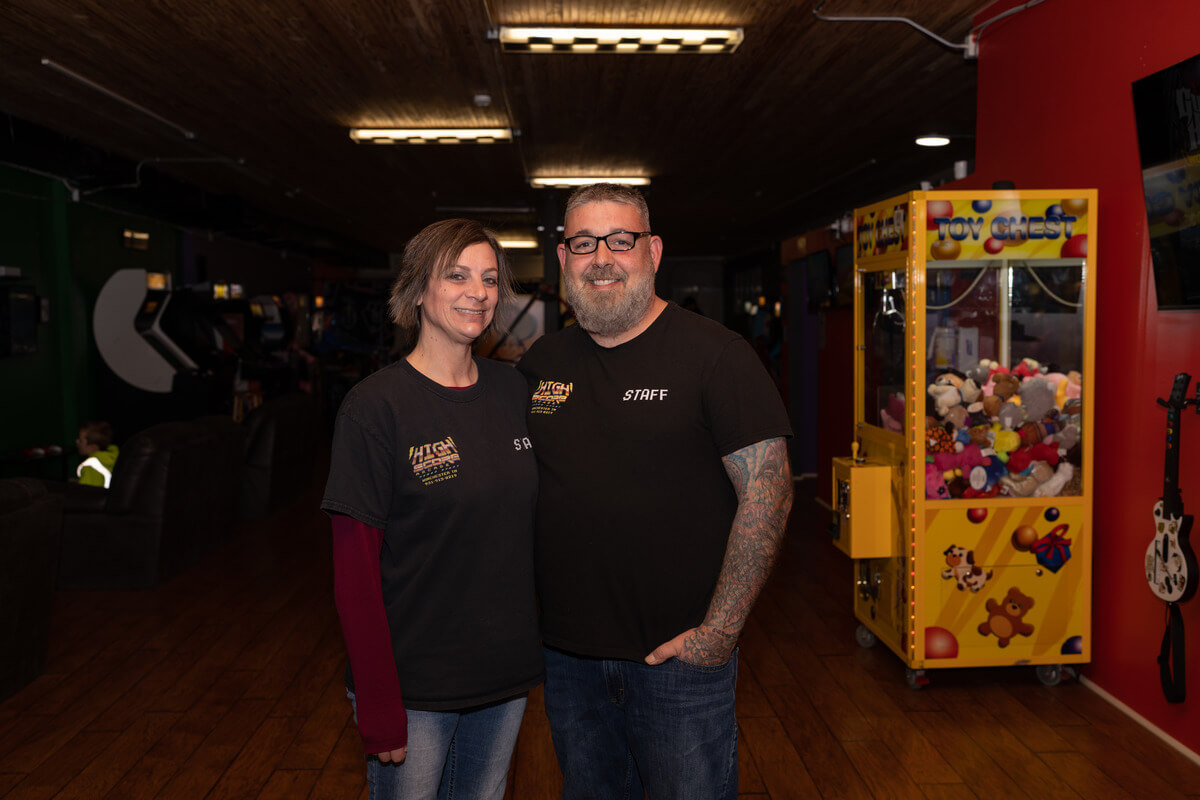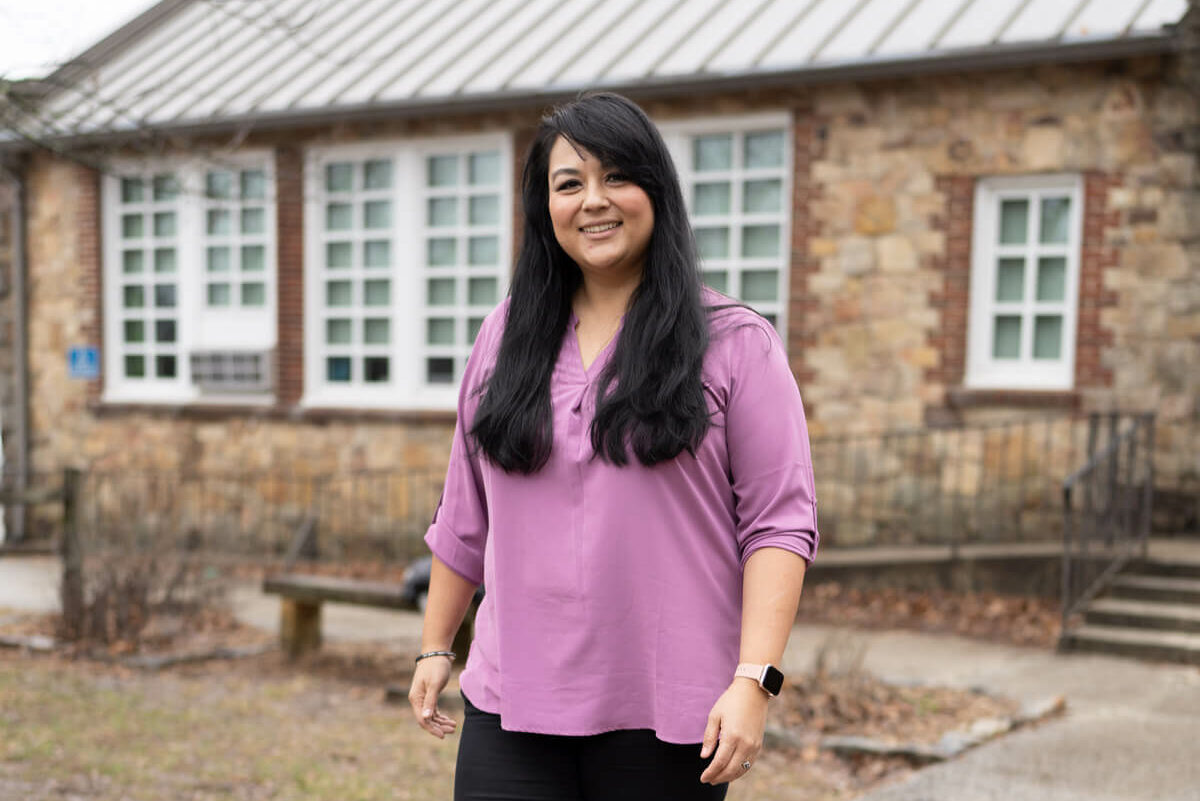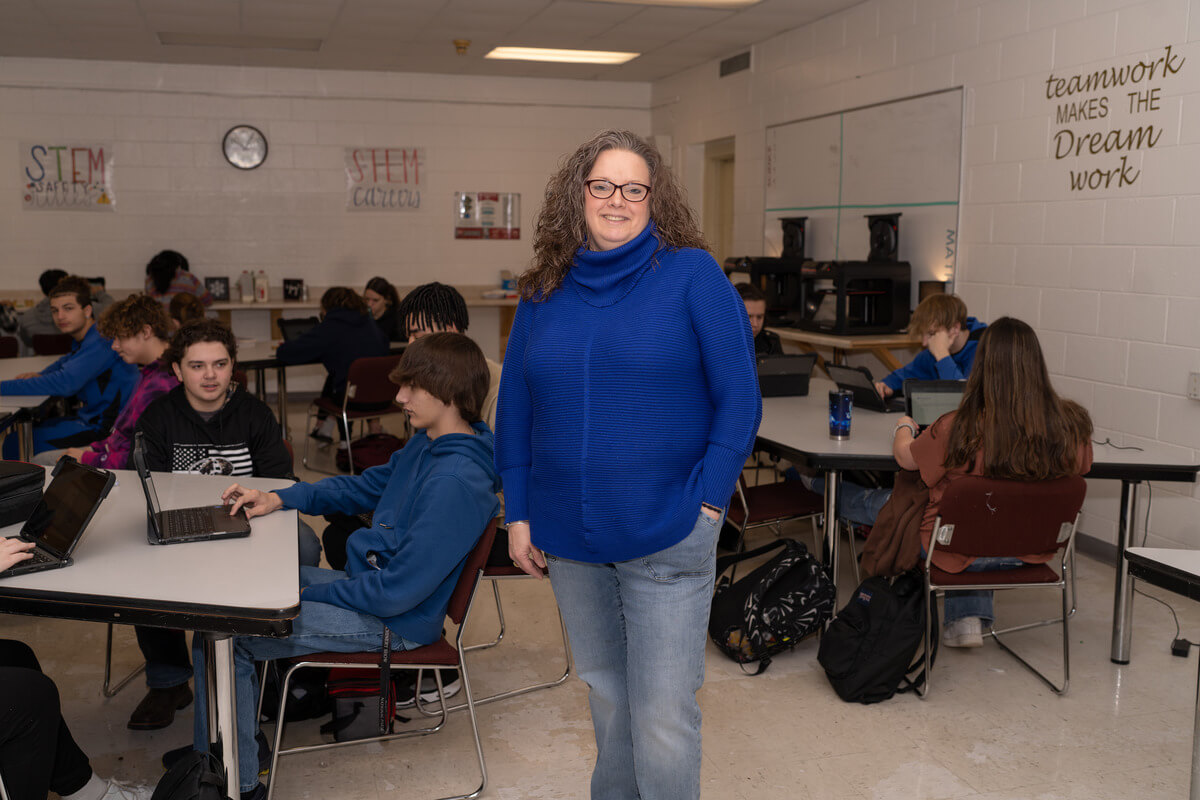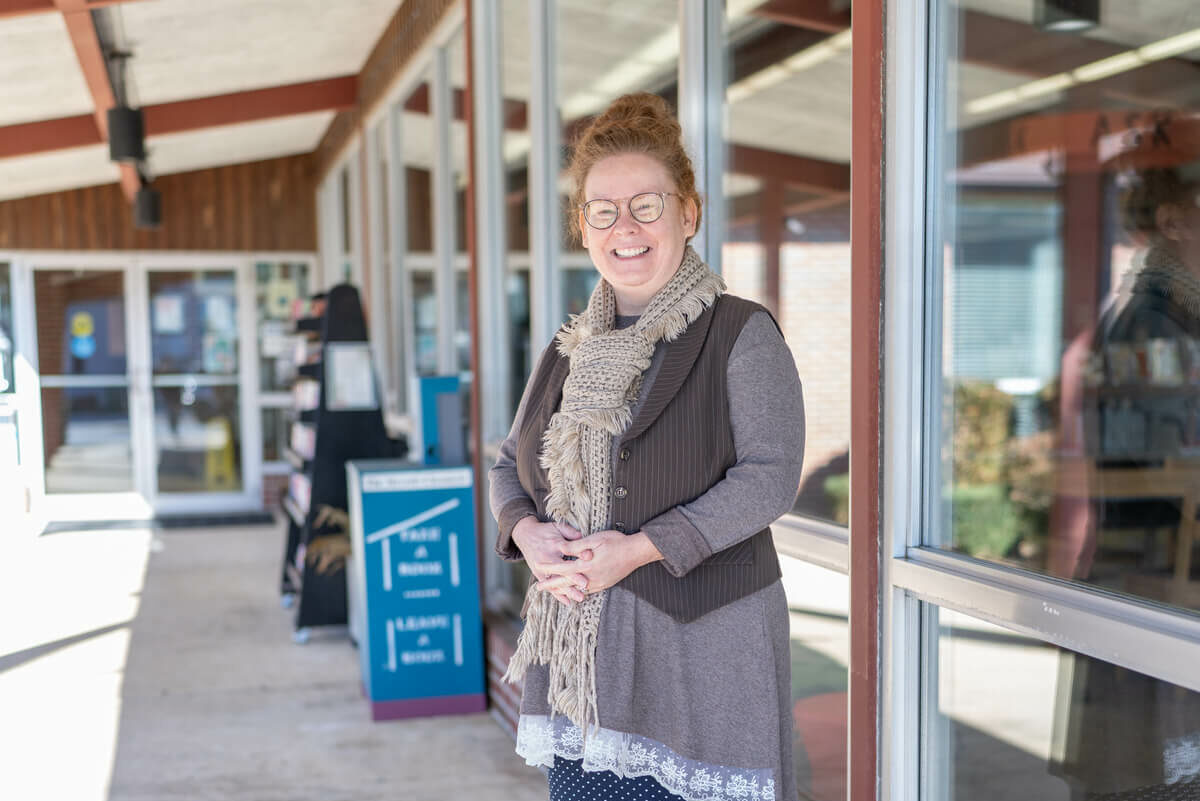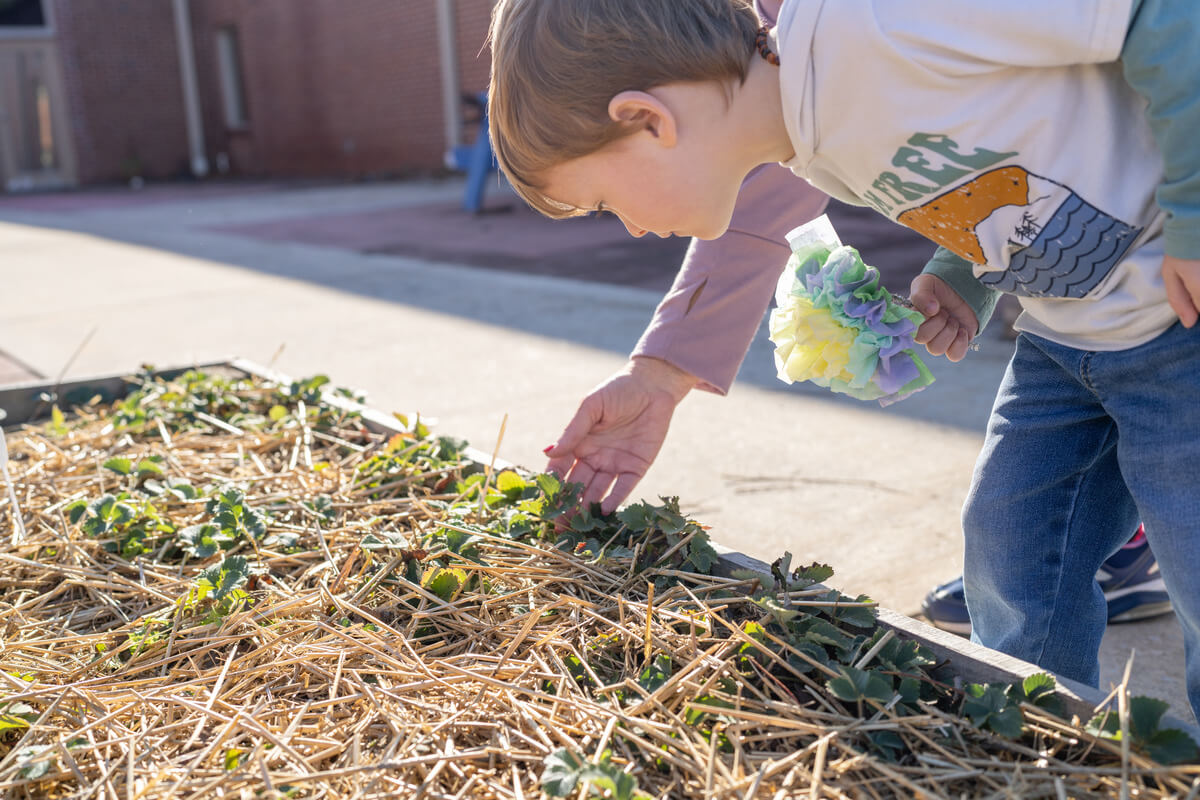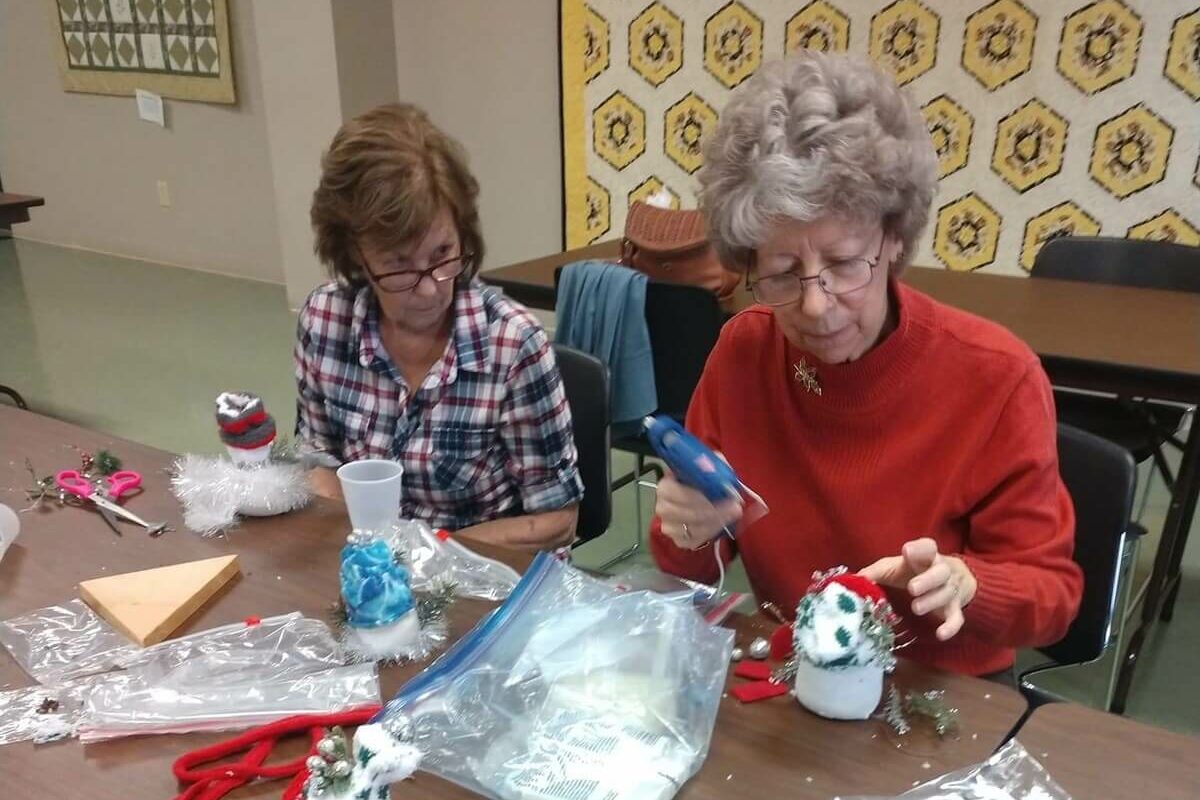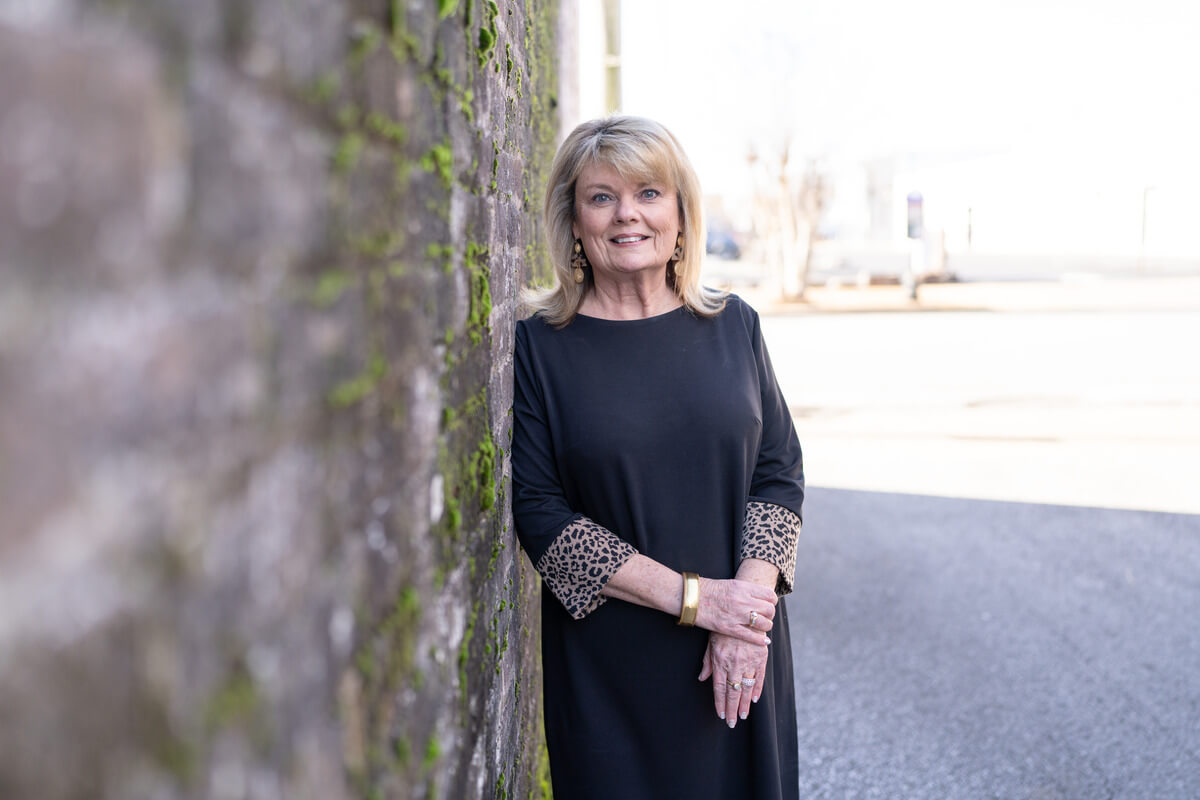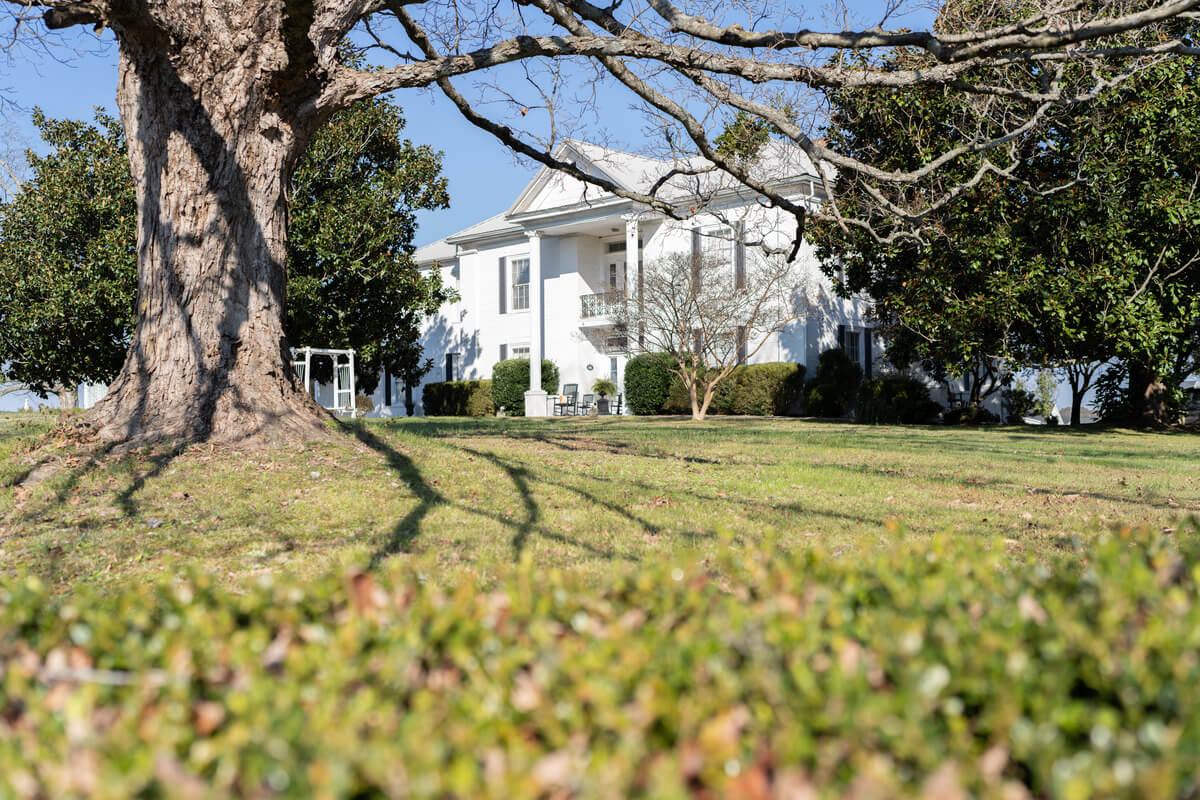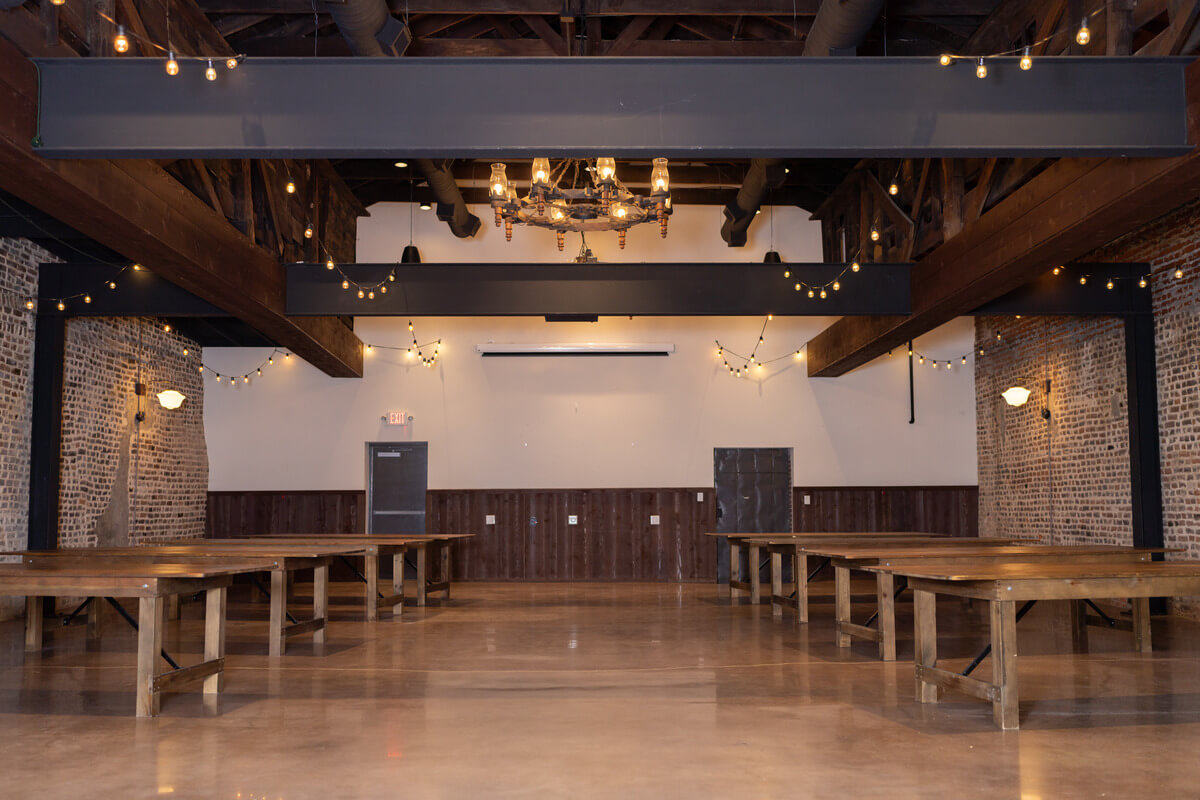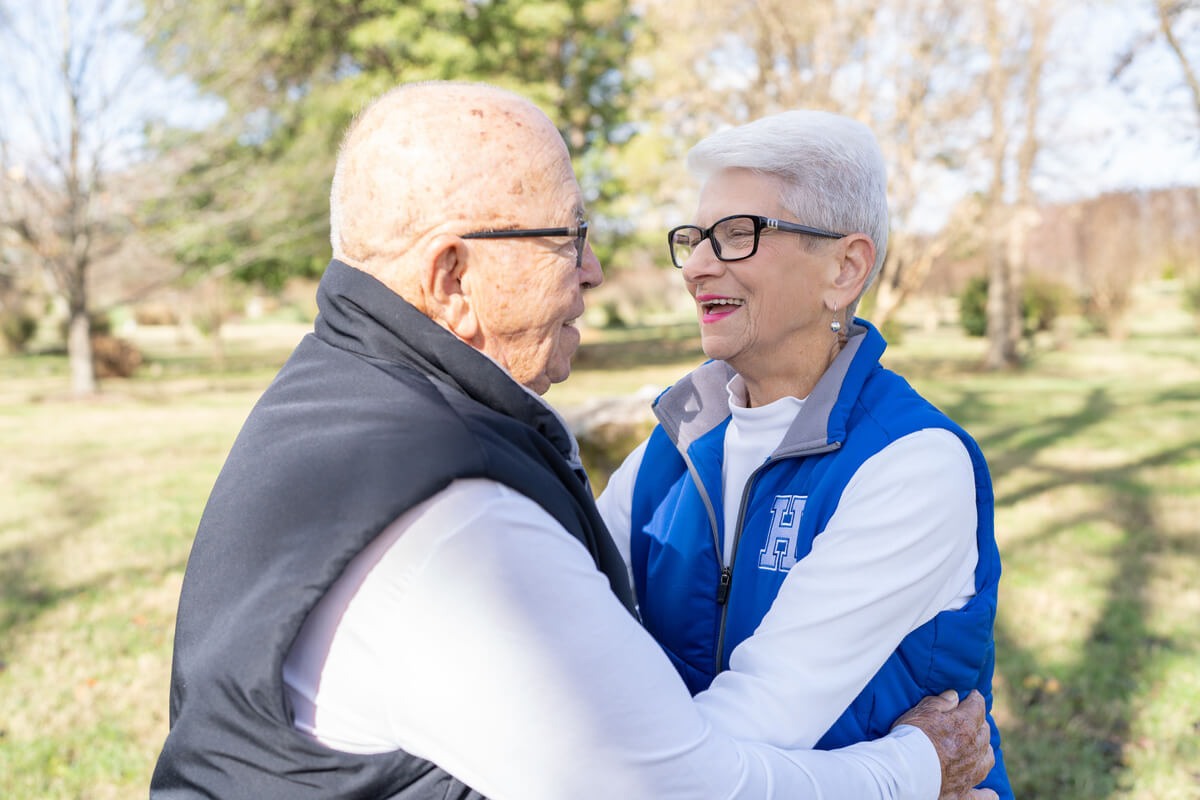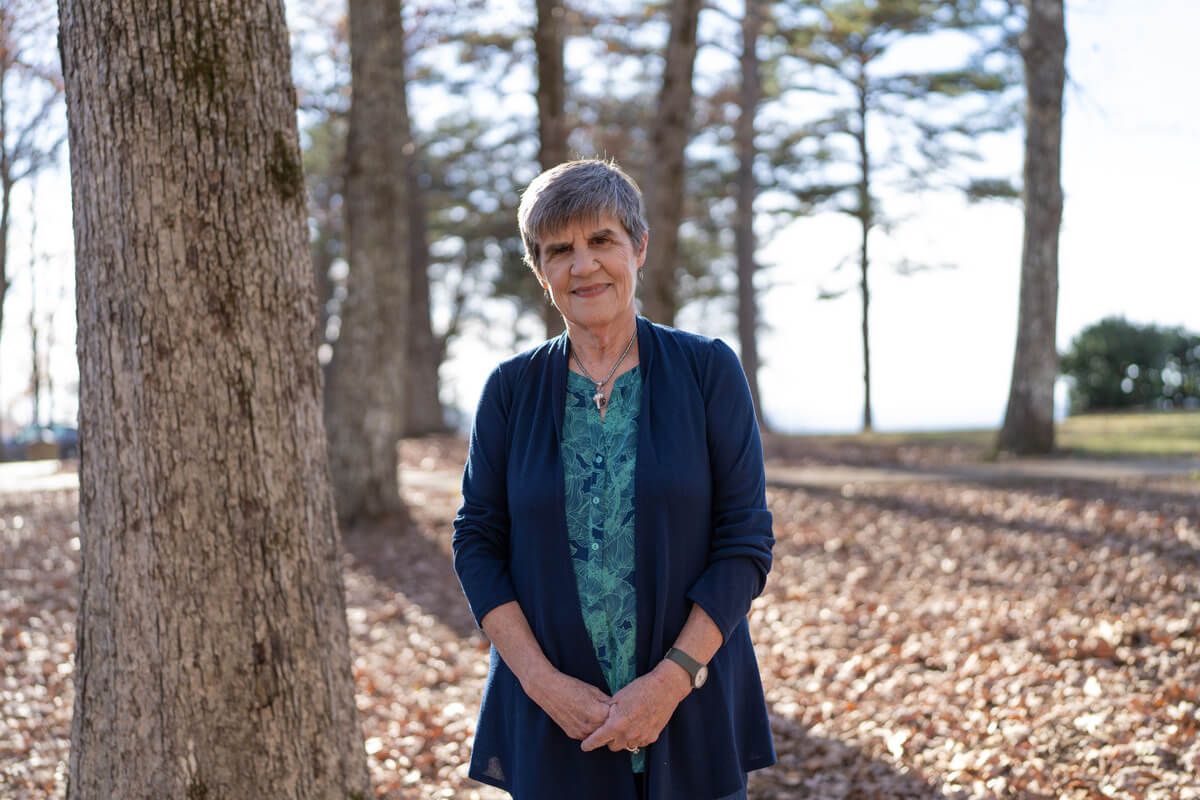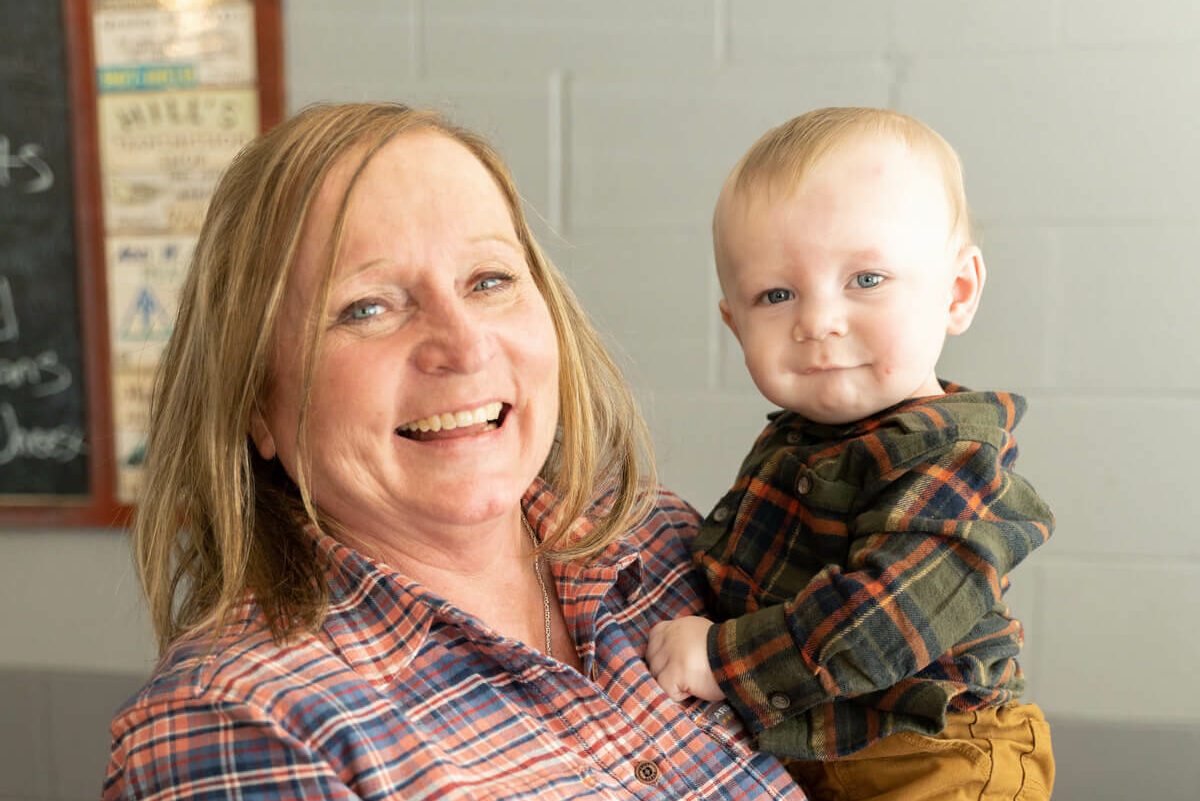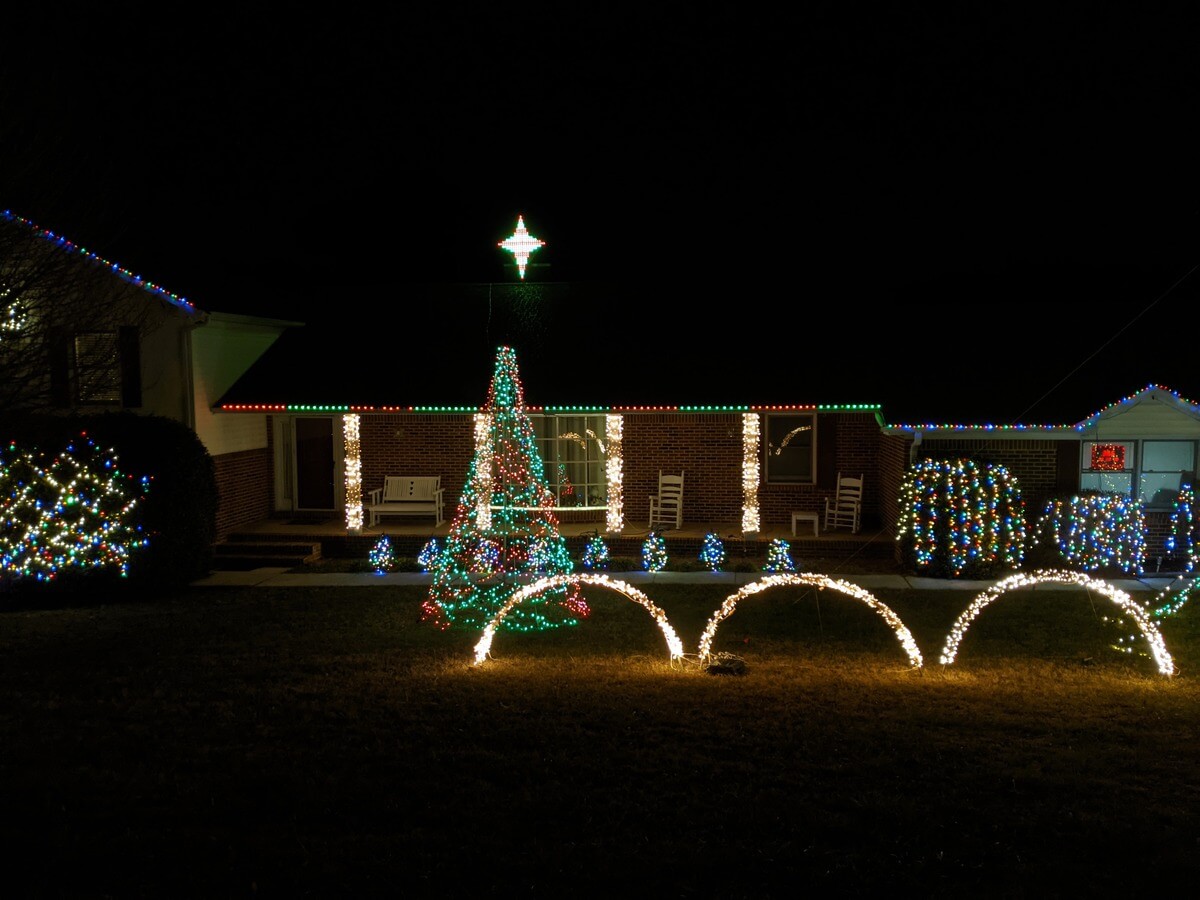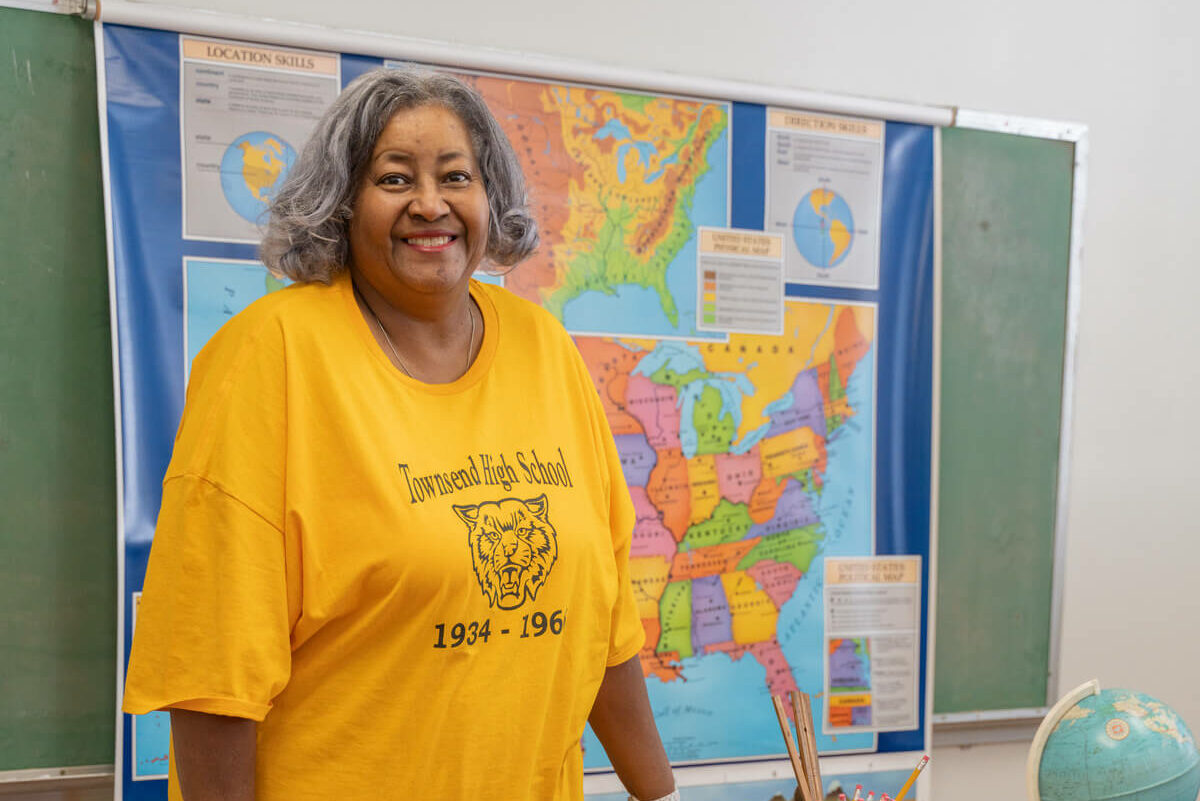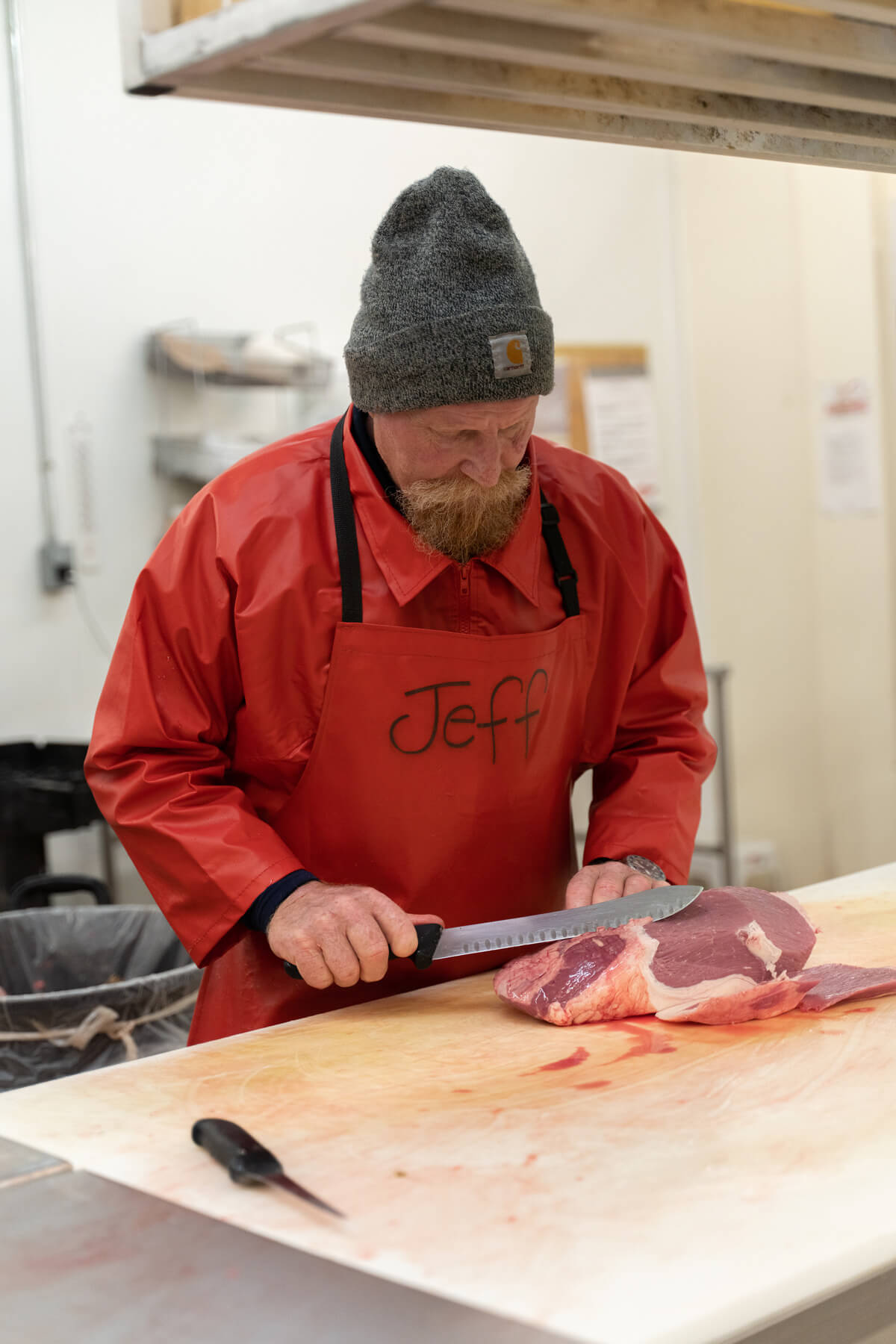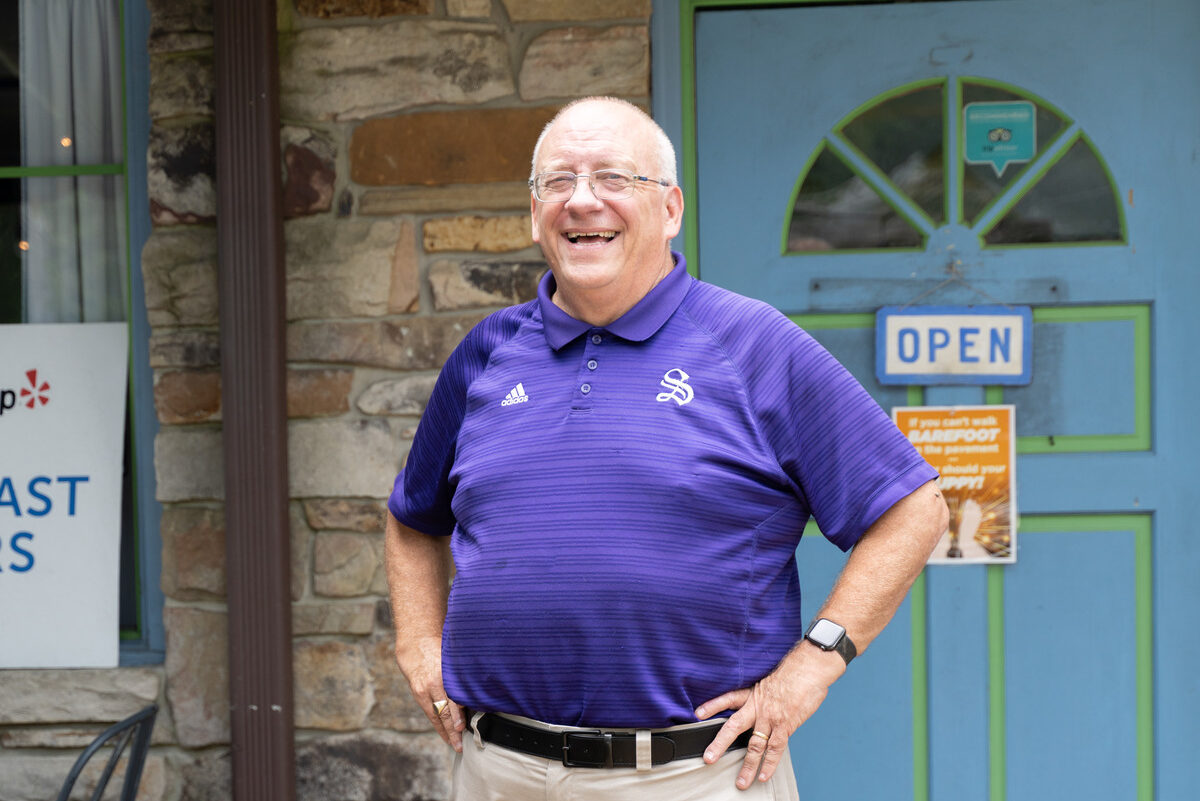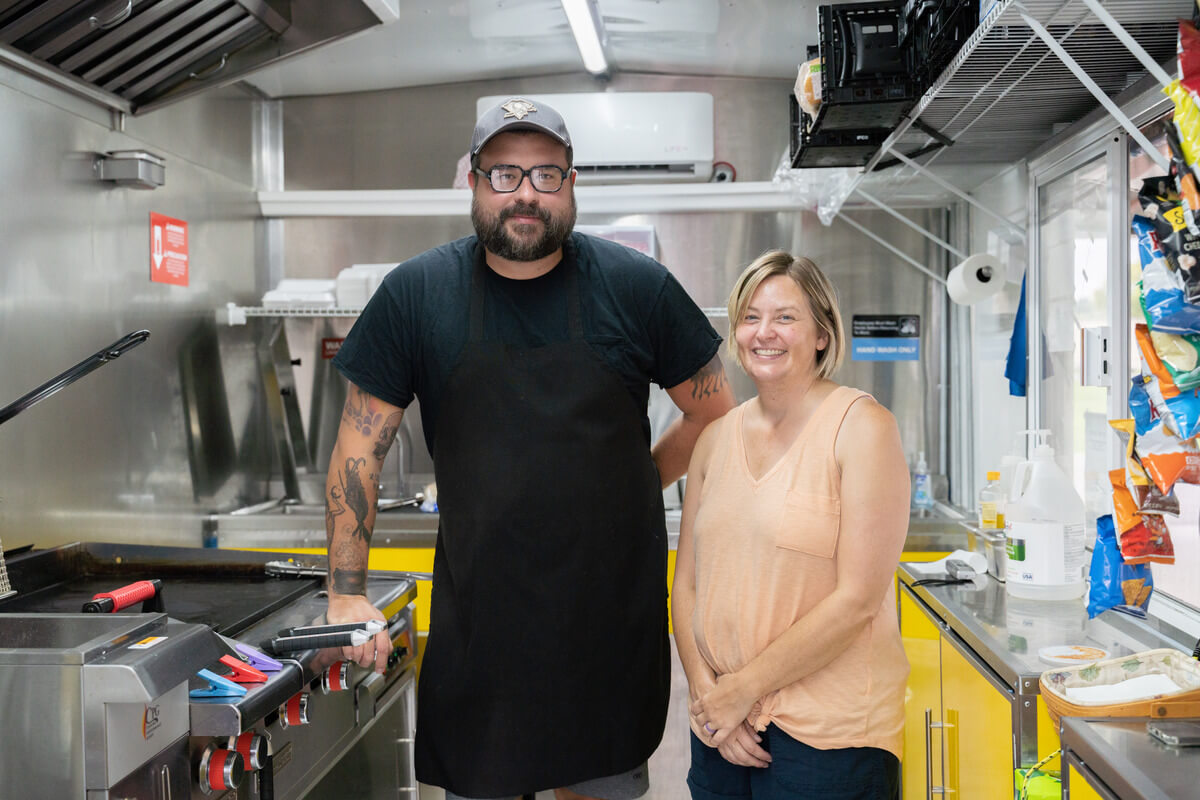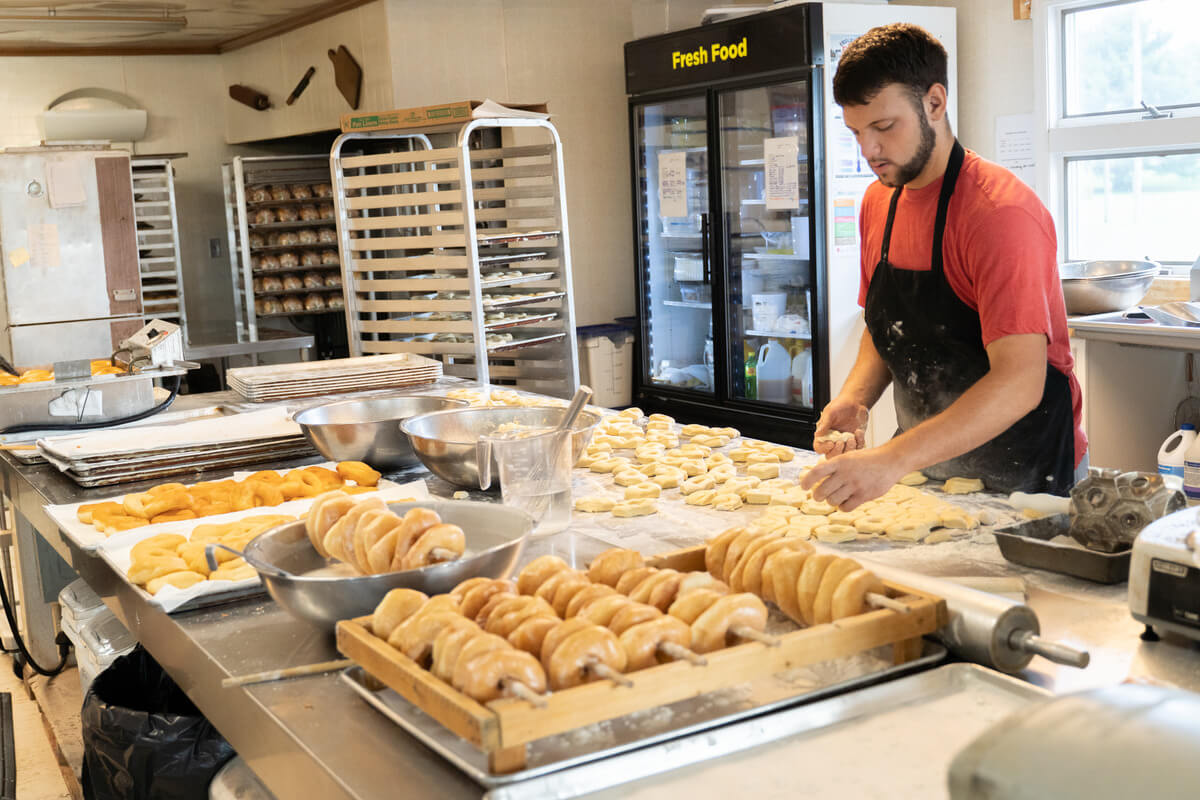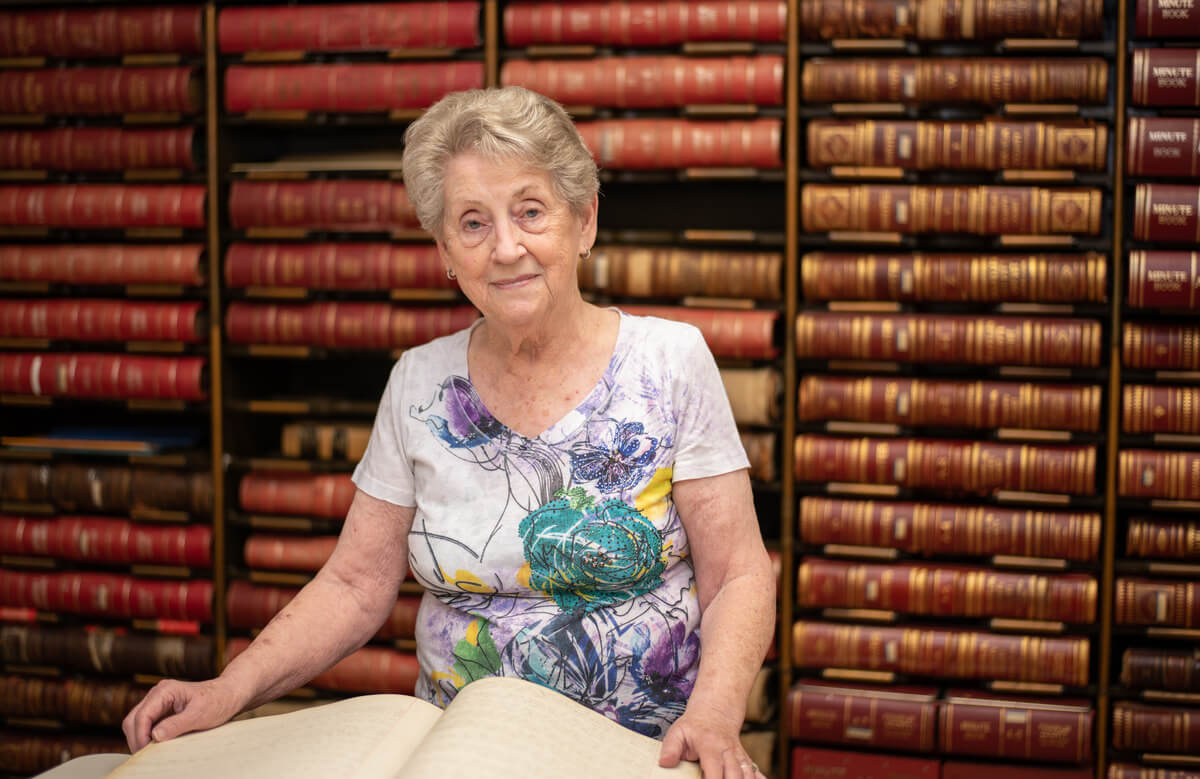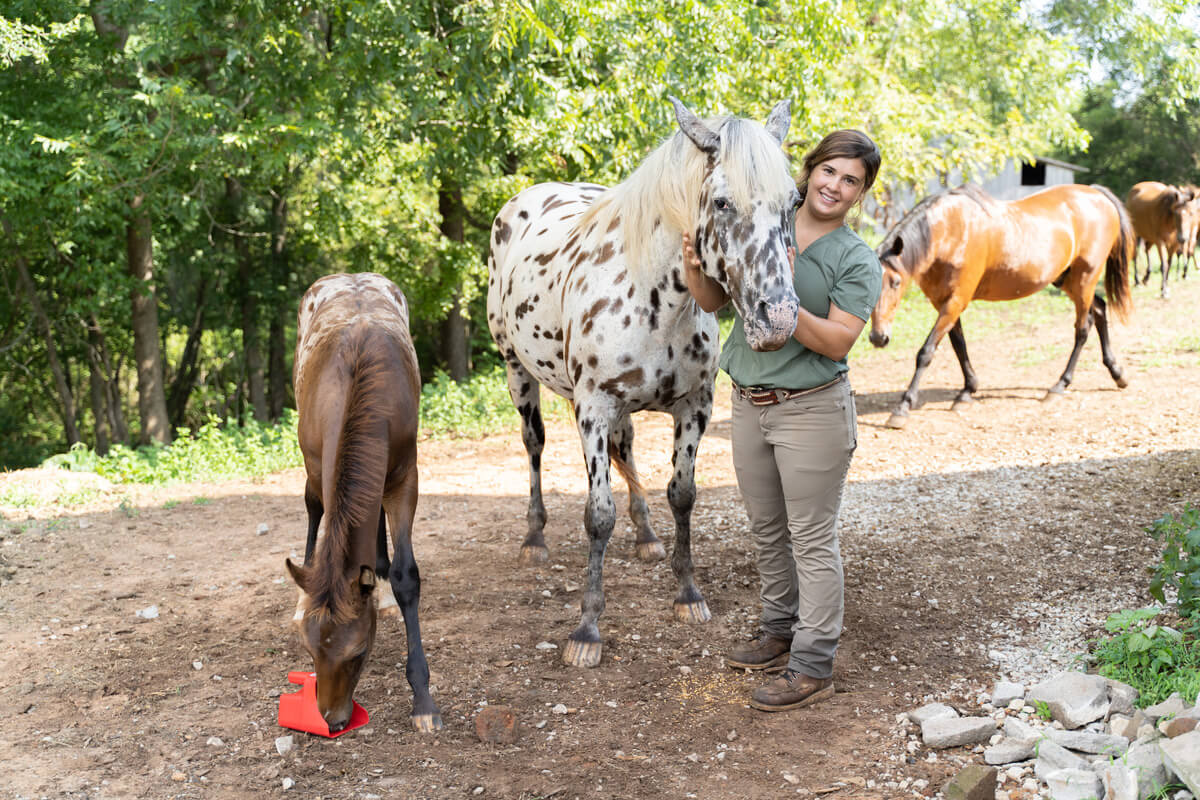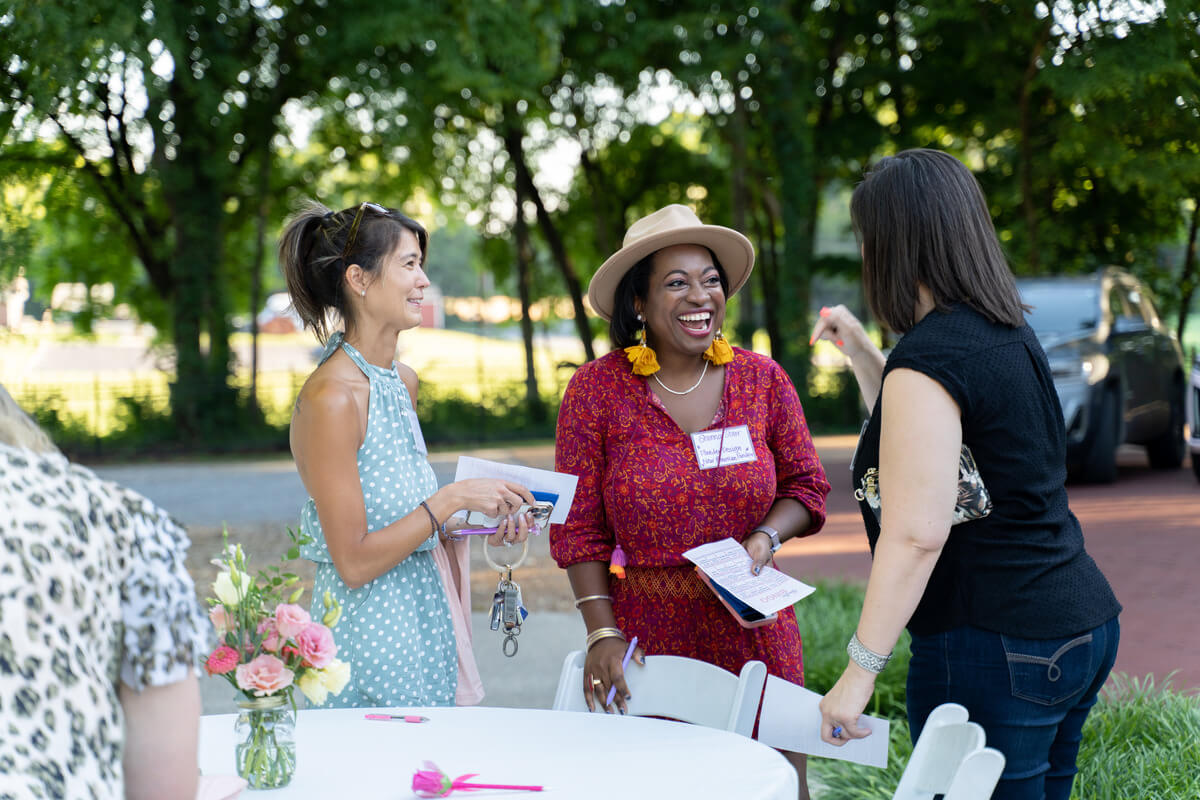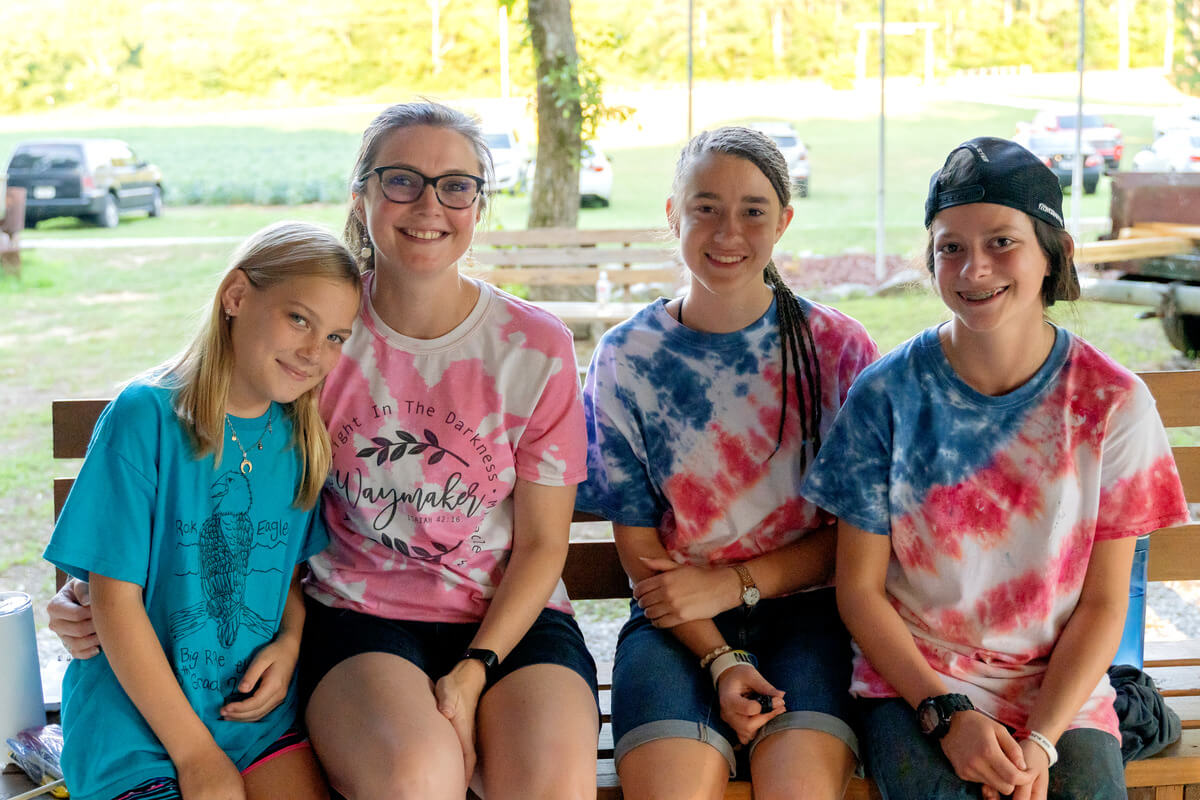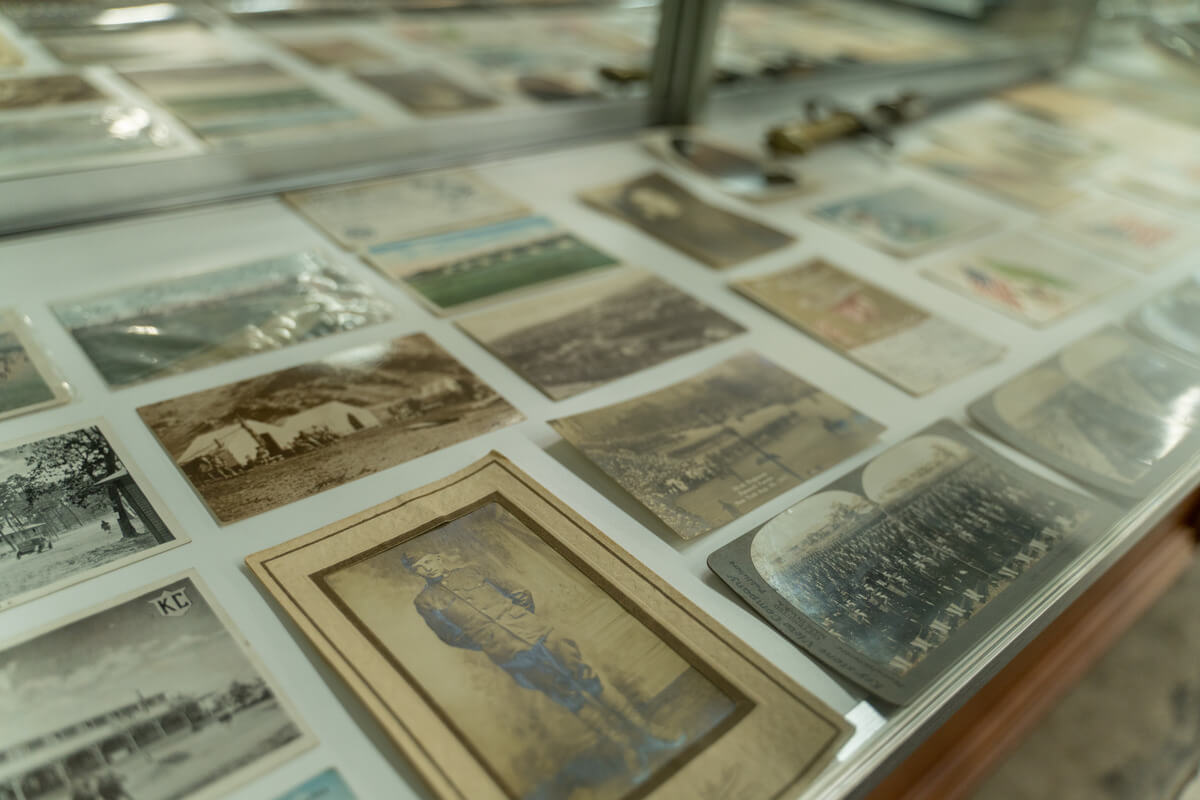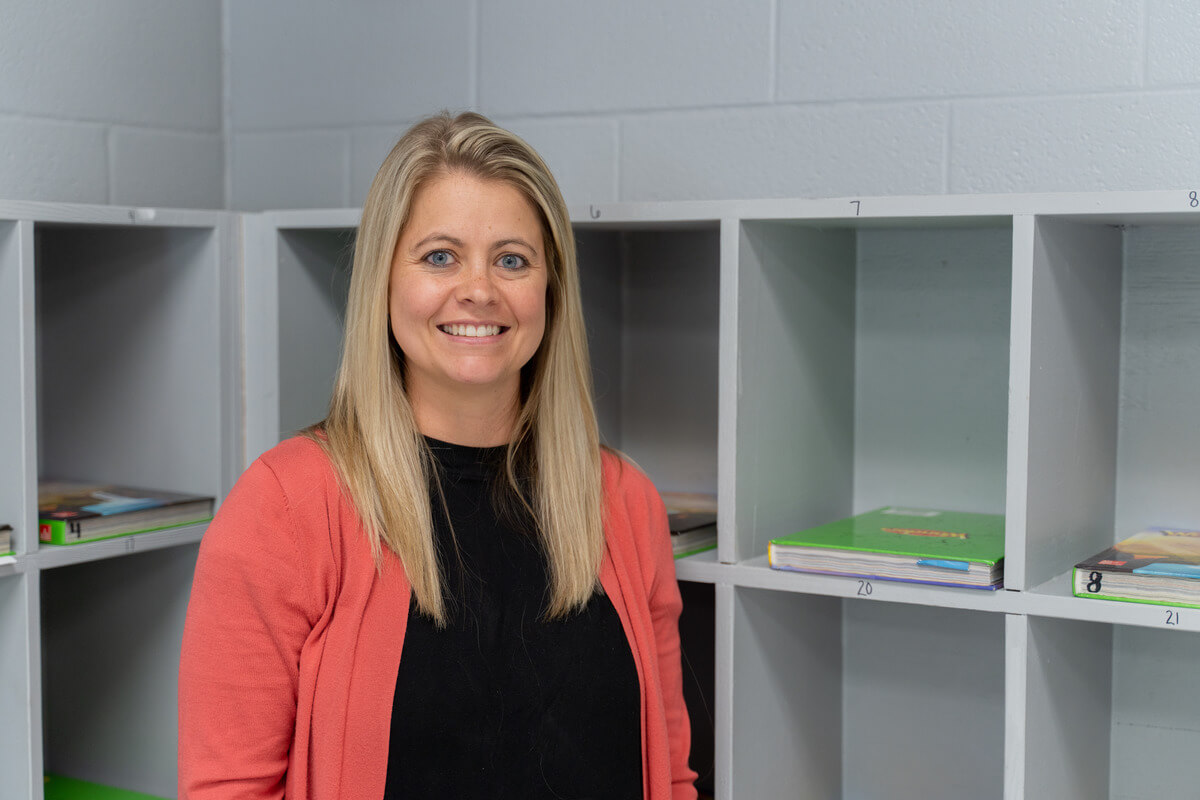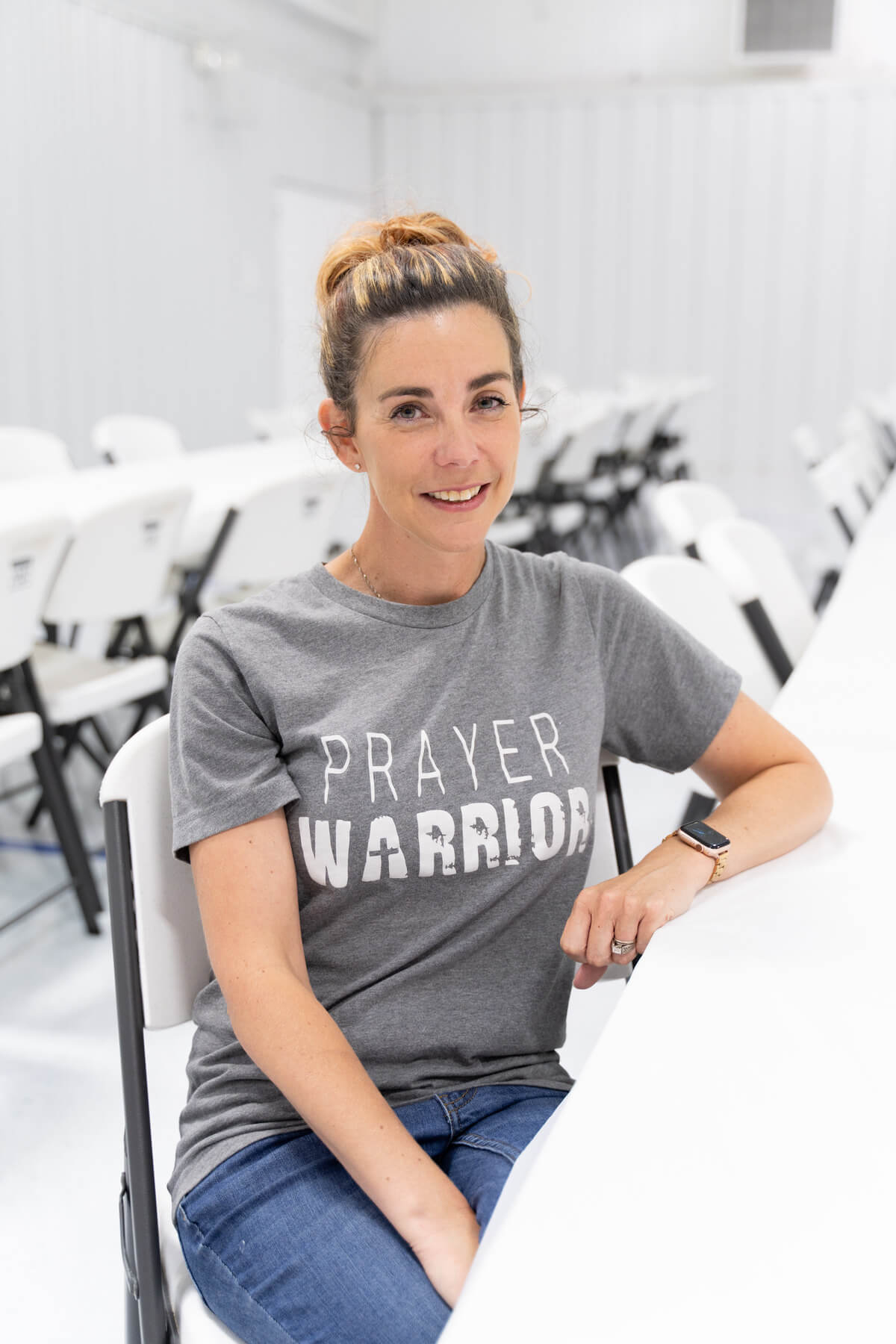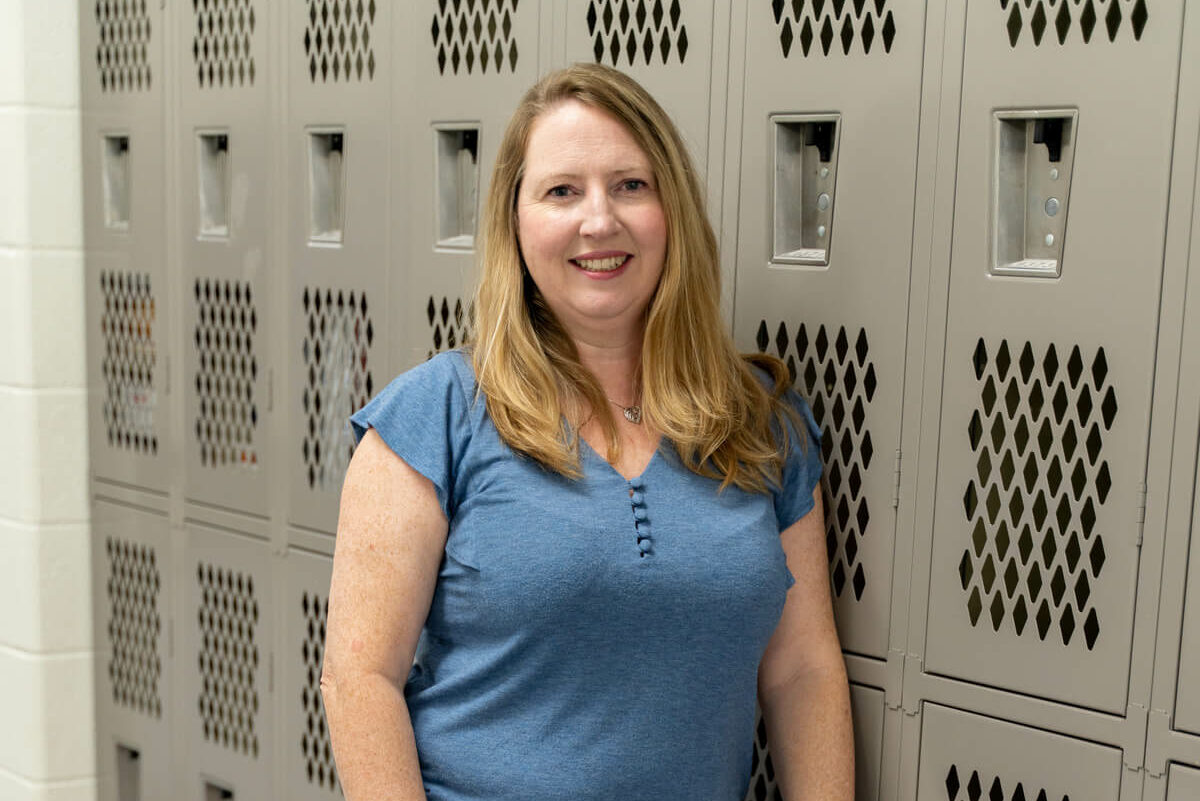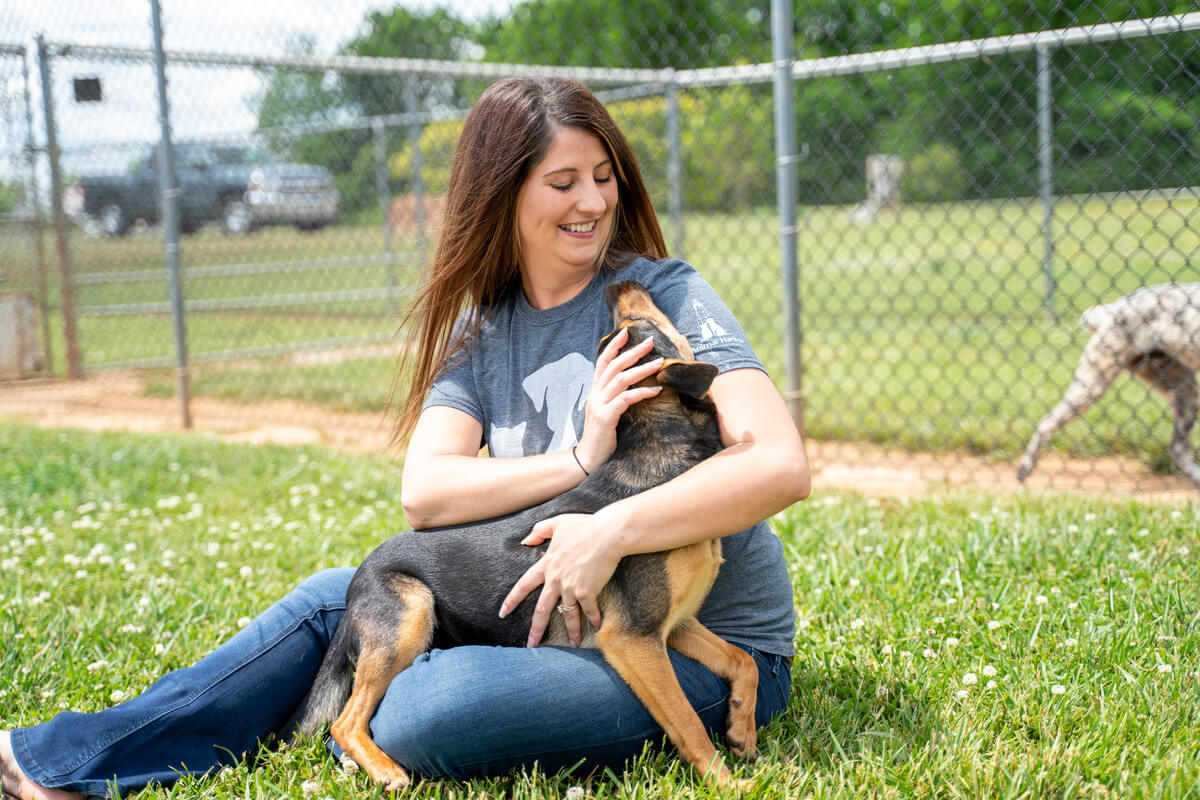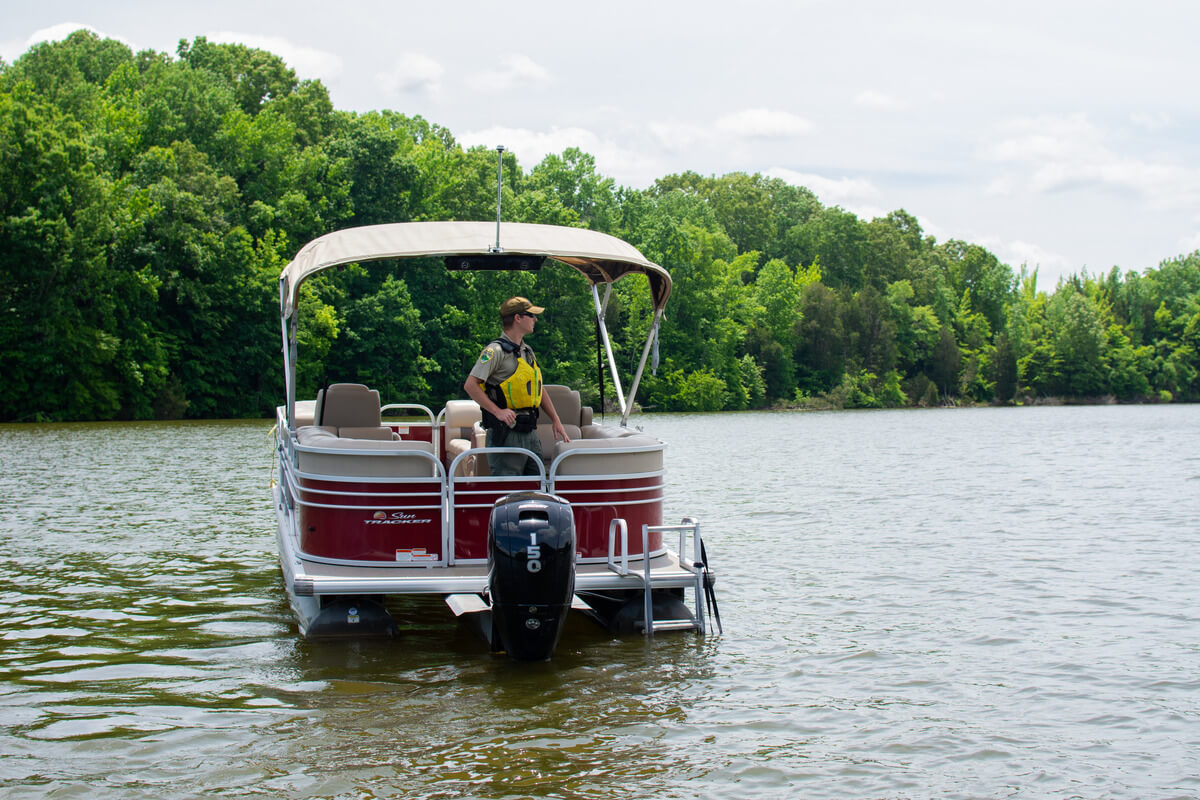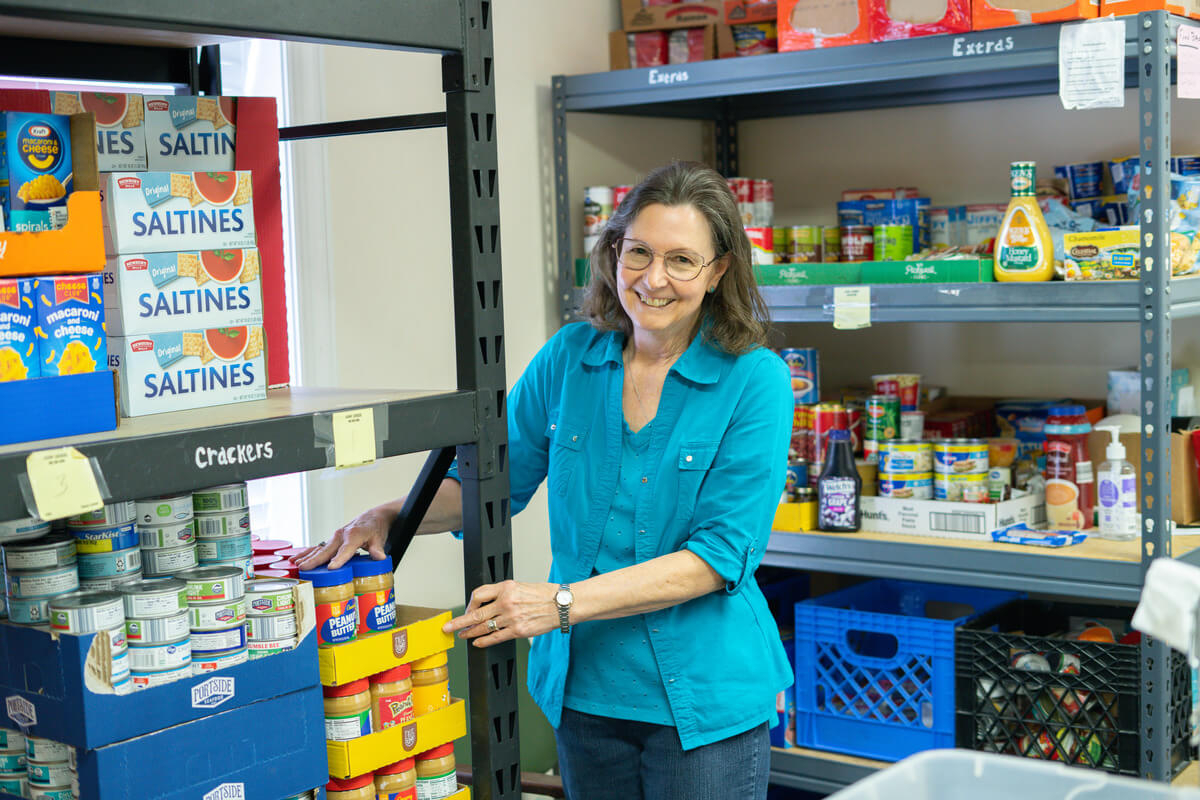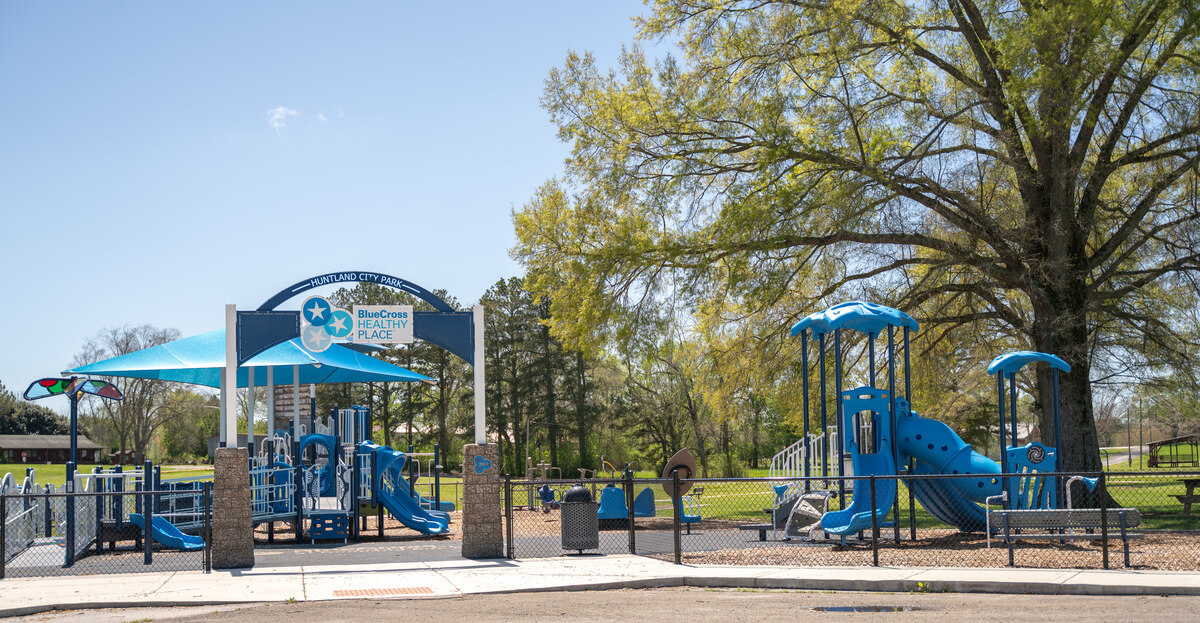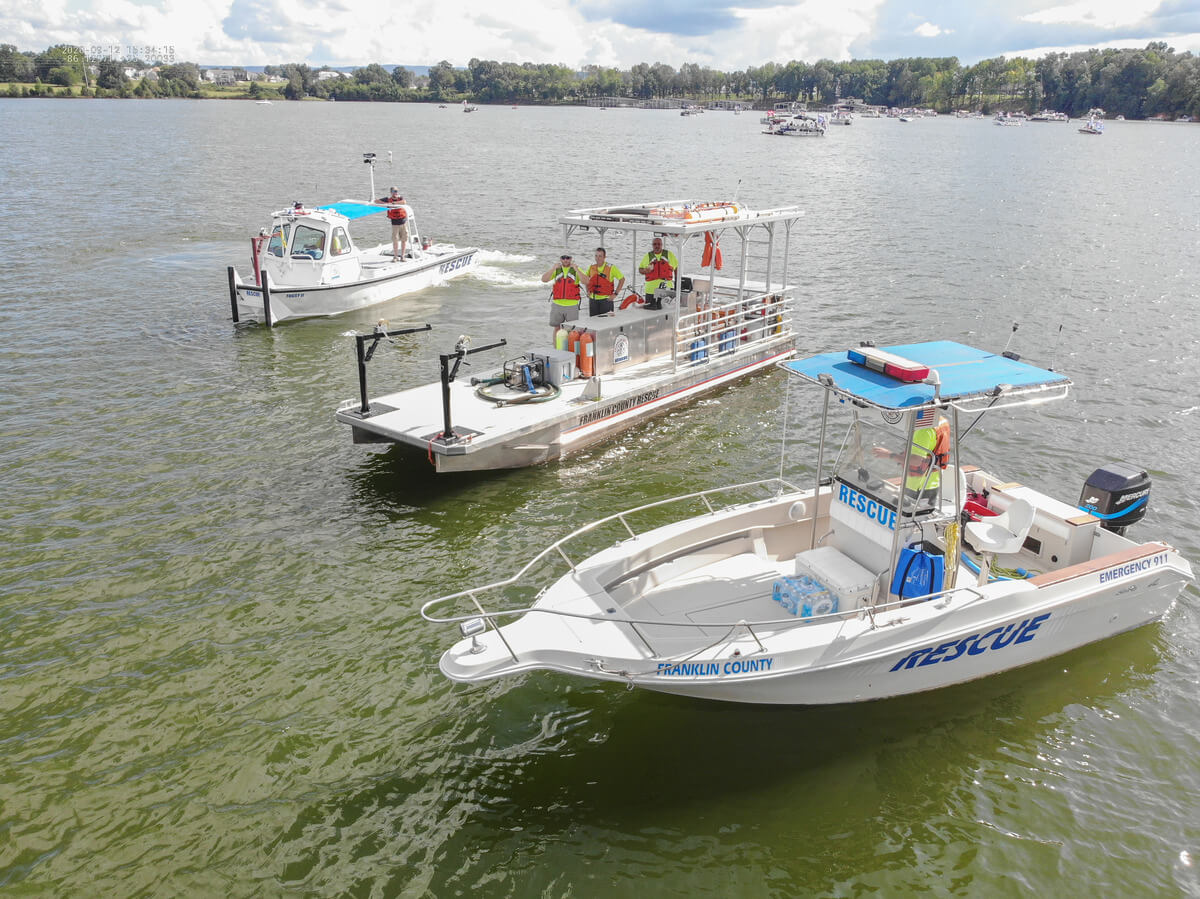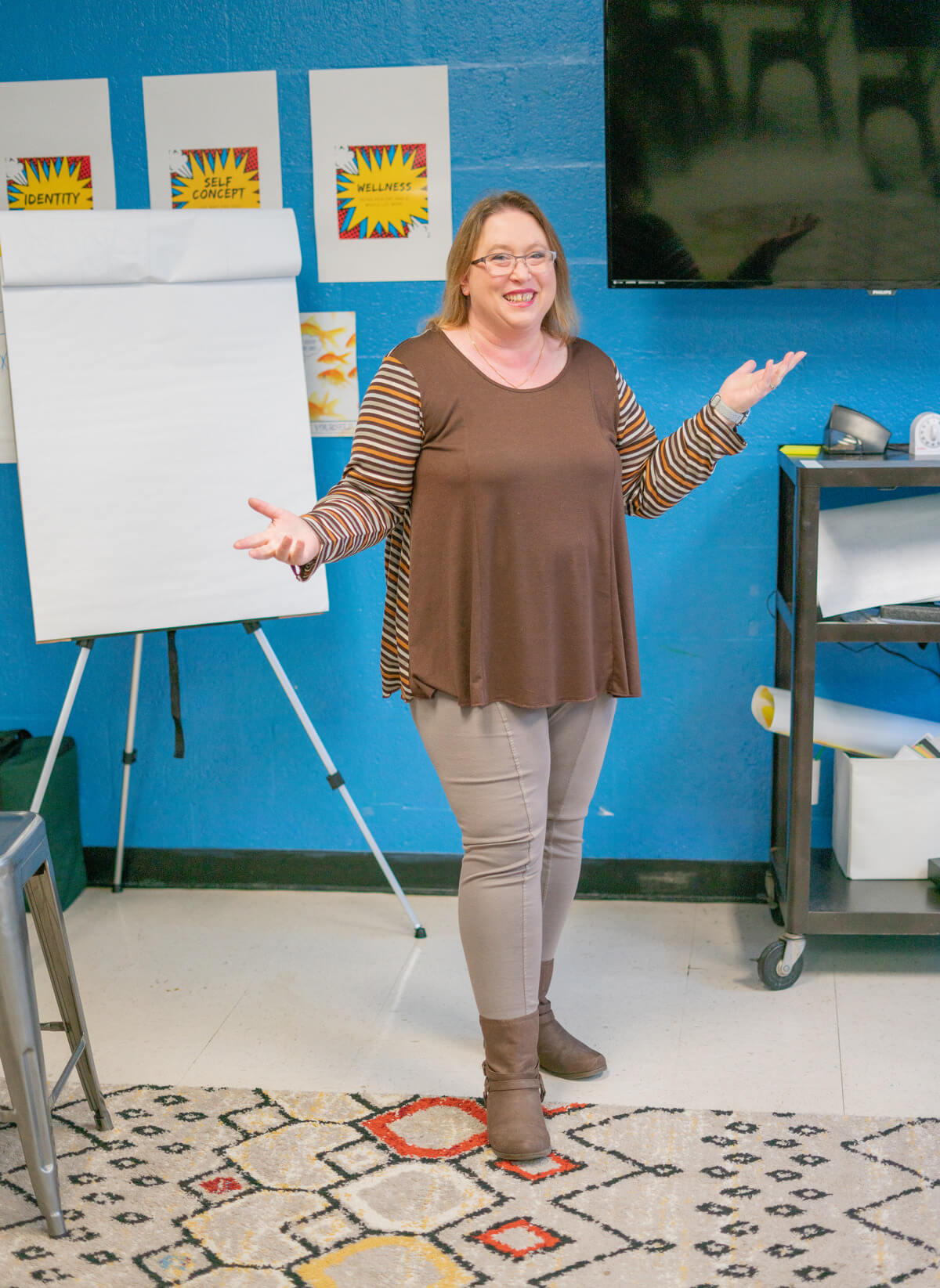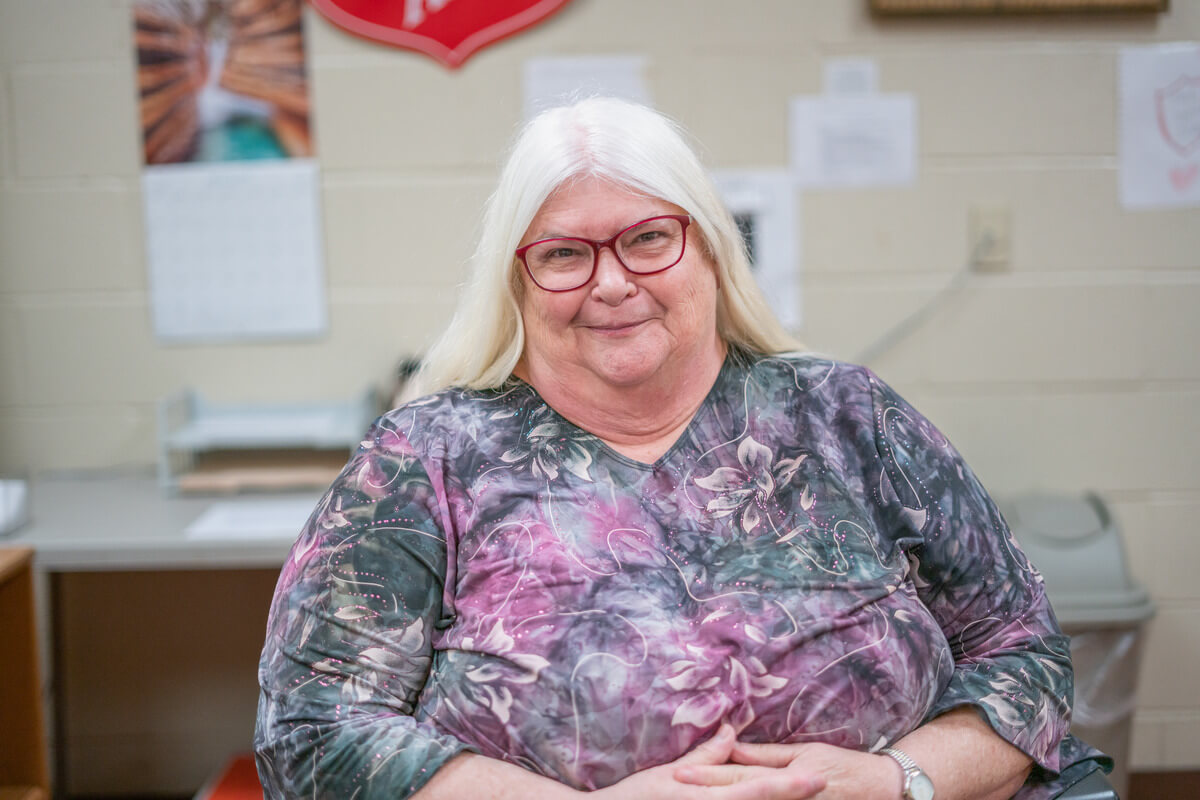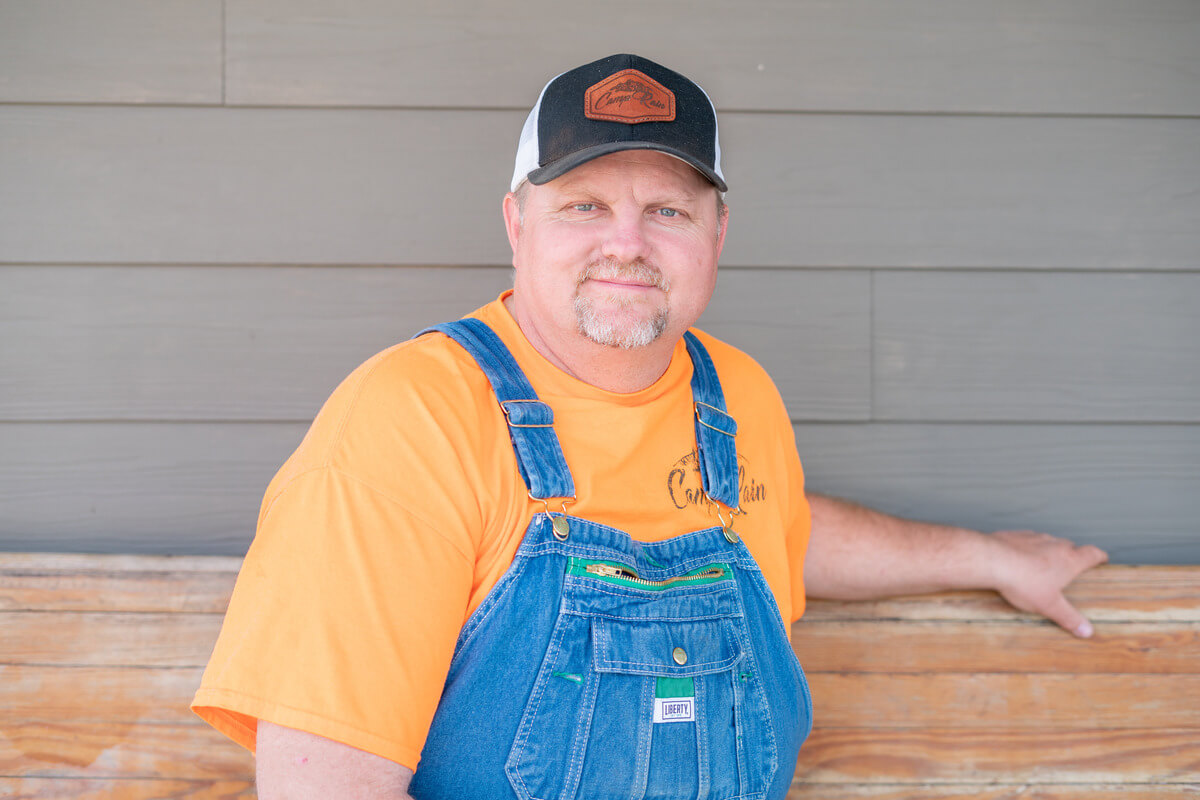In the stillness of early morning, Gina Weddington steps into her workplace — a treatment center at Elk River Health and Nursing Center of Winchester. Her arrival is humble and unassuming, but her presence and attentiveness reach into each hallway and patient room.
Weddington works as a wound-care nurse, a specialty she has always felt was meant for her. Though health care always intrigued her, a traumatic childhood experience awakened her drive to master the art and science of healing.
As a child, Weddington often stayed with her grandparents and enjoyed spending time with older generations. One day, when she was only in grade school, her grandmother suddenly stopped breathing in front of her. Paralyzed by shock and fear, young Weddington did the only thing she could — dialed 911 and watched helplessly as the emergency responders revived her grandmother.
“If I’d known what to do, maybe I wouldn’t have been so panicked,” Weddington recalled.
This experience inspired her to become someone who could help and who wouldn’t freeze during an emergency.
Years later, she landed her first job at a hospital — serving meals in the kitchen at just 16. However, as she moved around in different health care roles, it was clear that she enjoyed connecting with patients and comforting those in need. She earned her certified nursing assistant (CNA) license while still in high school, initiating a 20-year journey as a CNA. For Weddington, these were formative steps — years of enhancing her skills and truly understanding the people she cared for.

“My family always jokes, ‘What will Gina go to school for next?’” she laughed, recounting her random detour into cosmetology.
While she enjoyed the beauty industry, her fascination with health care pulled her in a different direction. Life’s circumstances filled her days, including raising two children and supporting her husband. However, as her children grew, she felt led to go further and decided, in her 30s, to tackle the tedious journey to becoming a nurse.
The challenges were numerous. Working full time while studying in nursing school meant sacrificing nearly every personal moment. For 16 months, Weddington juggled a relentless schedule. She spent nights in Licensed Practical Nurse classes, working during the day, and weekends with her family.
“I didn’t even get to hang a single picture in my new house until after I graduated,” she recalled.
But through every challenge, she had a strong support system — her husband, her family, and, most importantly, her own persistence.
Weddington was working in Central Supply at Elk River Health and Nursing Center when her supervisors approached her with an opportunity. They needed someone reliable and passionate for a wound care position and saw her as a natural fit. She was intrigued by the science of wound healing and the chance to improve the quality of care for her patients. She accepted the position and stepped into the complex, challenging, and ultimately rewarding world of wound care.

Each day, Weddington connects with patients with wounds that share their stories. Some are the result of surgeries, others accidents, and many arise from the unavoidable effects of aging. She treats each wound carefully, with the skill of a nurse and the heart of someone who sees her patients as individuals. Watching the skin heal after weeks of care brings Weddington joy.
“Watching the process of healing, especially when you’ve been there from the beginning, is one of the most rewarding parts of my job,” she said.
One of her favorite advancements in wound care technology is a new ultrasound device that delivers misted water to the wound site while sending ultrasonic waves to stimulate tissue growth.
“It’s fascinating to watch,” Weddington shared.
This technology, combined with traditional methods and the attentive hands of experienced nurses, has helped many of her patients make remarkable recoveries. Weddington believes these technological innovations are less about the equipment and more about what they enable — improving lives, reducing suffering, and providing comfort to those who are often vulnerable and in pain.

Weddington also believes in treating each patient as though they were her own family, especially the older ones who remind her of her grandparents. She knows that small details matter.
“When I’m in their home, I’m on their schedule,” she said, explaining how she memorizes each patient’s preferences — who likes their morning medication before breakfast, who prefers their showers in the afternoon, and which of her residents feels comforted by a simple chat before bedtime.
One of the greatest challenges Weddington faces isn’t in patient care but in the larger health care environment. Since COVID-19, the field has struggled with nurse shortages. But, like many other health care professionals, Weddington remains hopeful as the facility shifts away from relying on agency nurses and focuses on building a stable, dedicated team.

